James Comey’s Lesson in Values and Truth In conversation with UCLA Luskin’s Jim Newton, the former FBI director explains his views on impeachment, Hillary Clinton’s emails and much more
By George Foulsham
To impeach or not to impeach? That was one of the questions put to former FBI Director James Comey by UCLA Luskin Public Policy lecturer Jim Newton during Comey’s sold-out appearance at the Aratani Theatre in downtown Los Angeles on May 24, 2018.
Comey’s answer? Impeaching President Donald Trump is not a solution to the current political divide in the United States; instead, it would likely exacerbate the split.
“In a way, [impeachment] would let all of us off the hook,” Comey said. “And not just off the hook, but drive a dysfunction and a divide deep into the fabric of America, leaving 40 percent — it’s probably less than that — 30 percent of voters believing there’d been a coup.” Comey said America needs a reset, “and that’s only going to come, I believe, if the American people, not just those who voted for Hillary Clinton, but so many others who didn’t vote, get off the couch … and vote your values in this country.”
Comey, a former Republican who now says he is unaffiliated politically, continued, “Vote for people who reflect a commitment to the rule of law, equal protection of the laws, and the truth. That will be a moment of clarity and inflection in this country that will not allow the angry wing to say, ‘It was stolen from us!’ No, it wasn’t. The American people stood up and said, ‘No more!’”
Comey’s appearance was part of the Los Angeles Library’s ALOUD series, and marked his first visit to Los Angeles since he was fired by Trump while speaking with FBI agents here a year ago. Since being removed from office, Comey has made appearances all over the country promoting his book, “A Higher Loyalty: Truth, Lies, and Leadership,” currently the No. 3 best-seller on the New York Times nonfiction list.
Newton, who is also editor of UCLA’s Blueprint magazine, asked Comey to explain the meaning of the book’s title. Values, a recurring theme in his remarks, came up again.
“It’s to try to convey the sense that the best leaders I ever worked for, and learned from a lot, were people who were always able to look above the angry and the political and the financial to the things that are above that,” Comey said. “When they’re making the hard decisions, they always ask, ‘What are the values of this institution? What’s the constitution? What’s the law? What’s the long run?’ And they’re able to, by focusing on those things, by being above the loyalty to a person or a tribe, make better decisions.”
Comey expressed concern that political battles over guns, immigration or taxes are causing citizens to lose sight of the core values that Americans share. “It should be the only thing we are truly loyal to. Which is the rule of law, freedom of religion, freedom of expression. The truth is the only loyalty that matters,” he said.
Comey’s controversial role in the 2016 presidential election was one of the subjects covered by Newton, who questioned whether it was appropriate for the FBI director — and not the attorney general — to announce in July of an election year that no charges would be filed against Clinton following the agency’s criminal investigation into her emails. At a pre-election press conference to announce that decision, Comey said that the FBI had found that Clinton and her staff had been “extremely careless in their handling of very sensitive, highly classified information.”
Comey told Newton, “I’m not certain that I arrived at the right answer. I think I did, but I can see reasonable people seeing it differently. … I thought the least bad alternative was to make an announcement … and that would be the thing best-calculated to reduce the damage to the institutions of justice, and increase faith and confidence that the result was done in a decent and independent way.
“I know a lot of people characterize this as me criticizing Hillary Clinton,” he added. “That’s not how I thought about it. I felt I was giving the American people an honest description of what we found. … But I should have said really sloppy (instead of extremely careless).”
Among the many other issues that were discussed, Comey:
- characterized the FBI as being designed “to embody the blindfold that Lady Justice wears. There’s no peeking out to see whether the president is angry or happy with what you’re doing.”
- brushed aside charges that the FBI and Justice Department are part of a “Deep State.” “There is no Deep State. There’s a deep culture — in the military services, in the intelligence community, in the law enforcement community — that runs all the way to the bedrock. It’s about the rule of law, and the truth. No president serves long enough to screw that up.”
- said that the only way to effect change is to awaken the “sleeping giant.” “We need the American people more broadly to wake up to our norms and values, because it’s going to take a change in political culture. I think that’s only going to come with significant political changes, and that’s only going to come at the hands of the sleeping giant waking up.”
- revealed that his wife and children were disappointed with the results of the presidential election. “My wife considered Secretary Clinton to be a seriously flawed candidate, but very much wanted a woman to be president of the United States. So she was very disappointed, as were my children, including my daughters, who marched the day after the Inauguration in the Women’s March.”
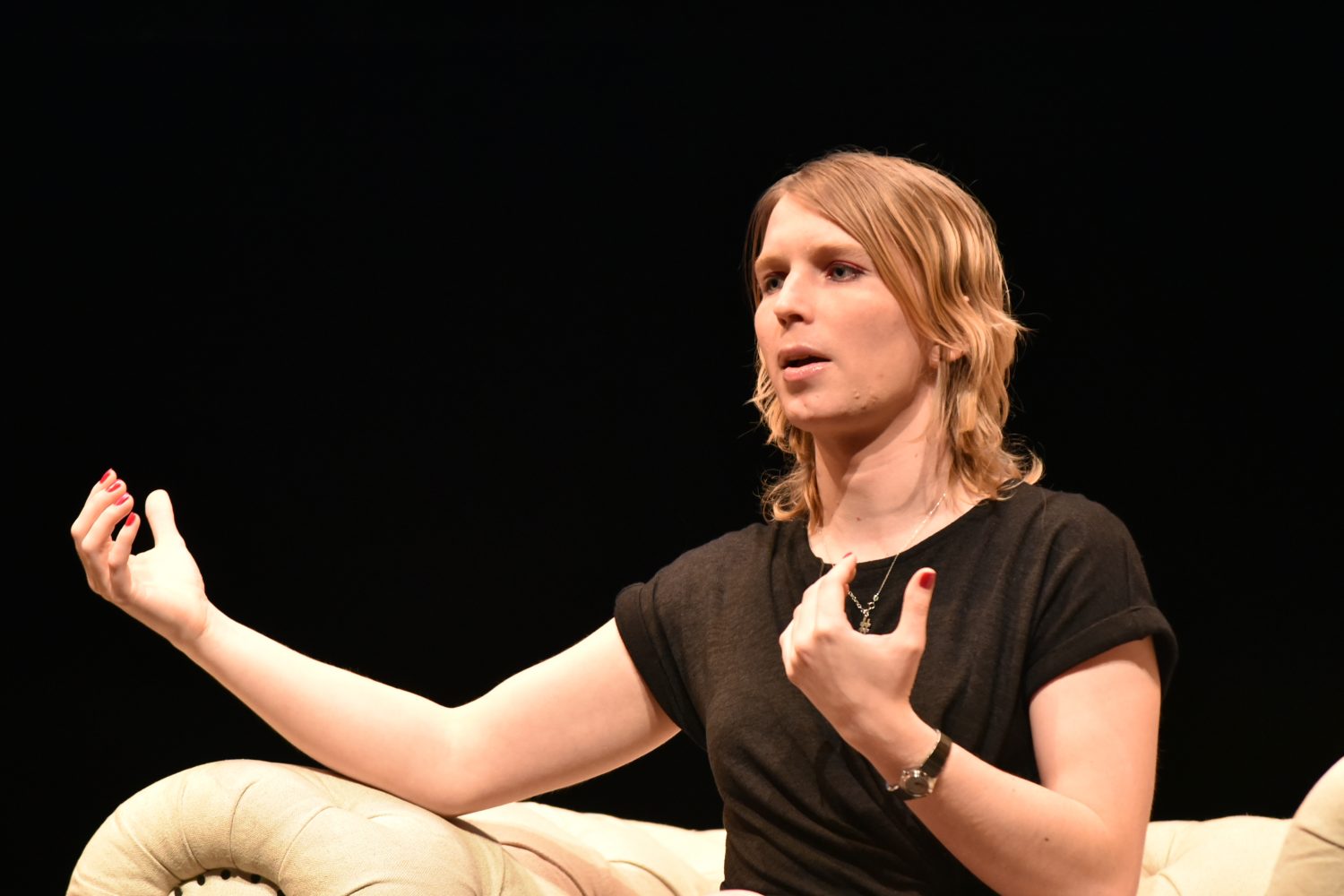
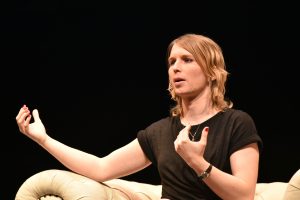
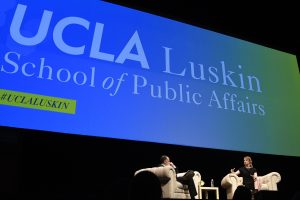
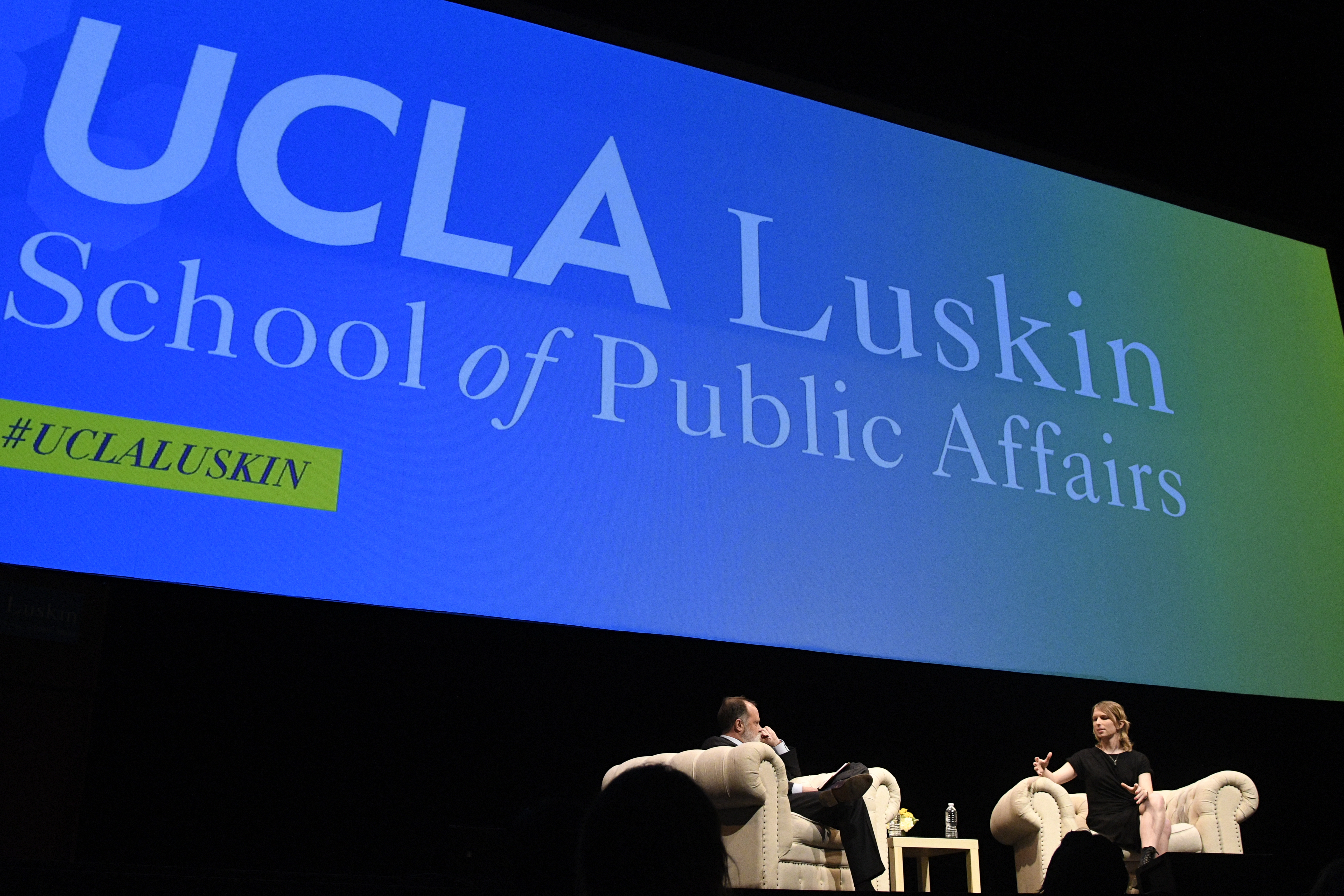
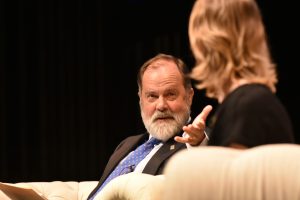
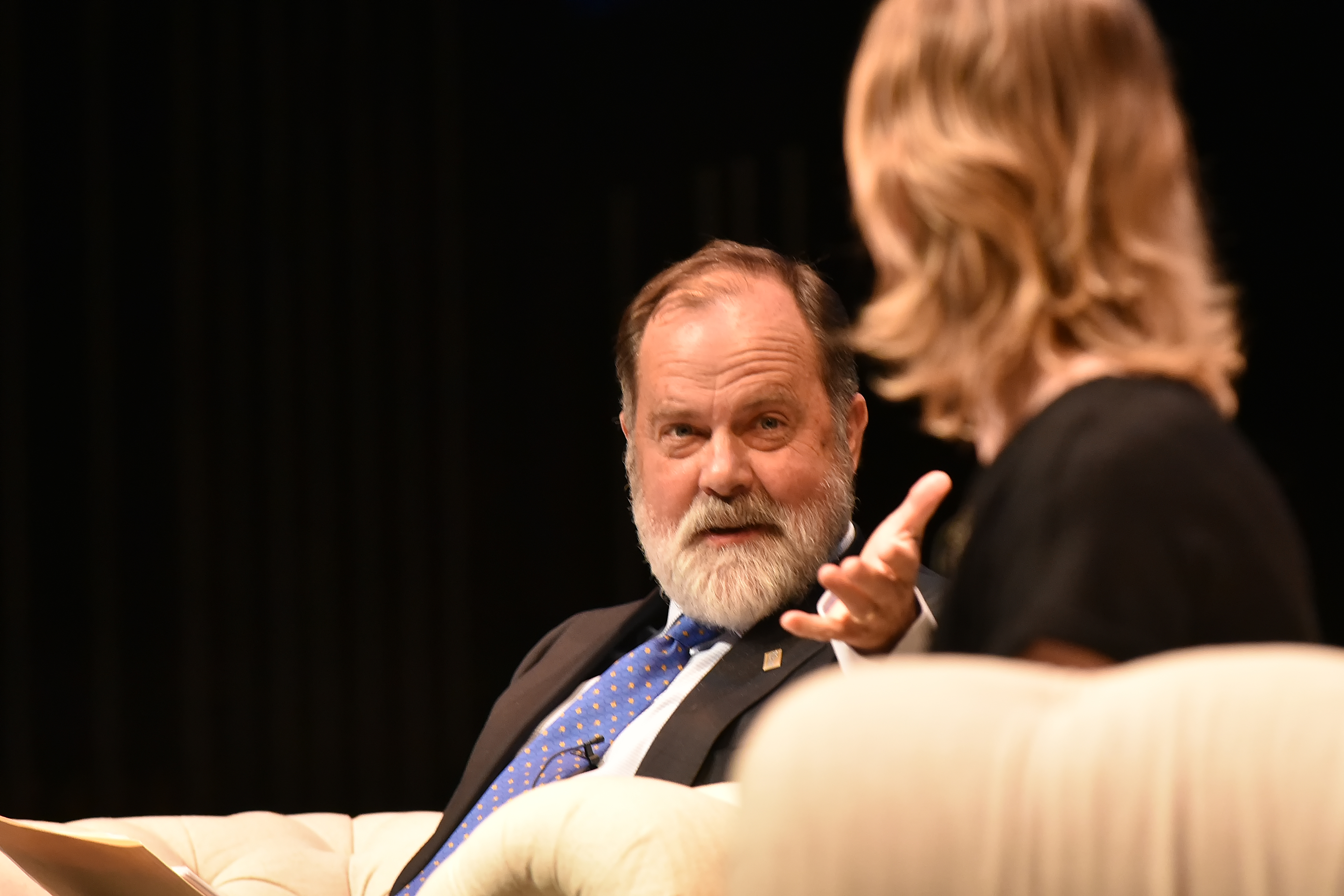
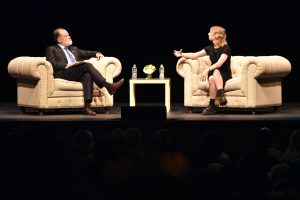
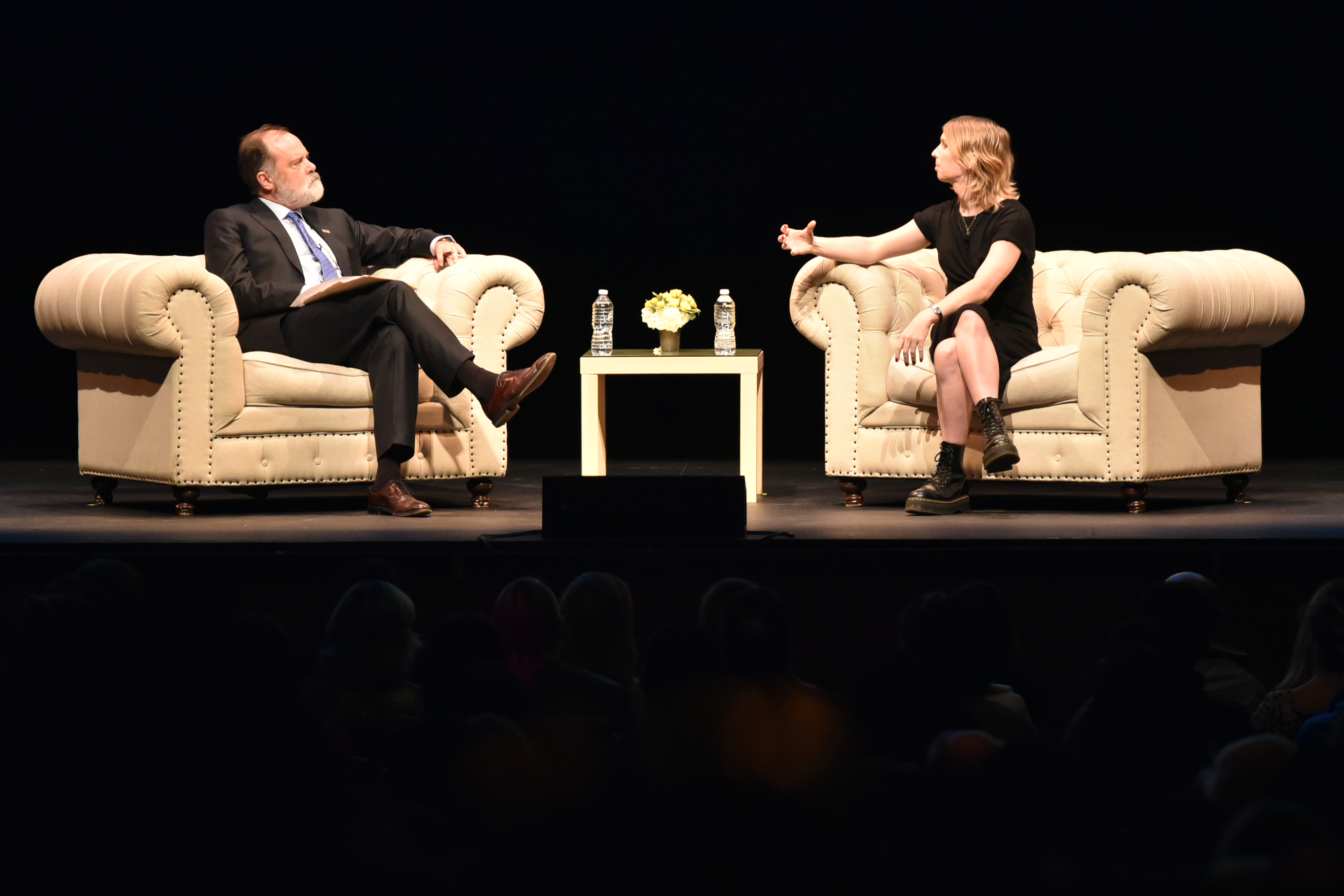
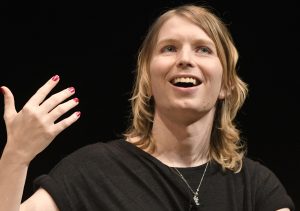
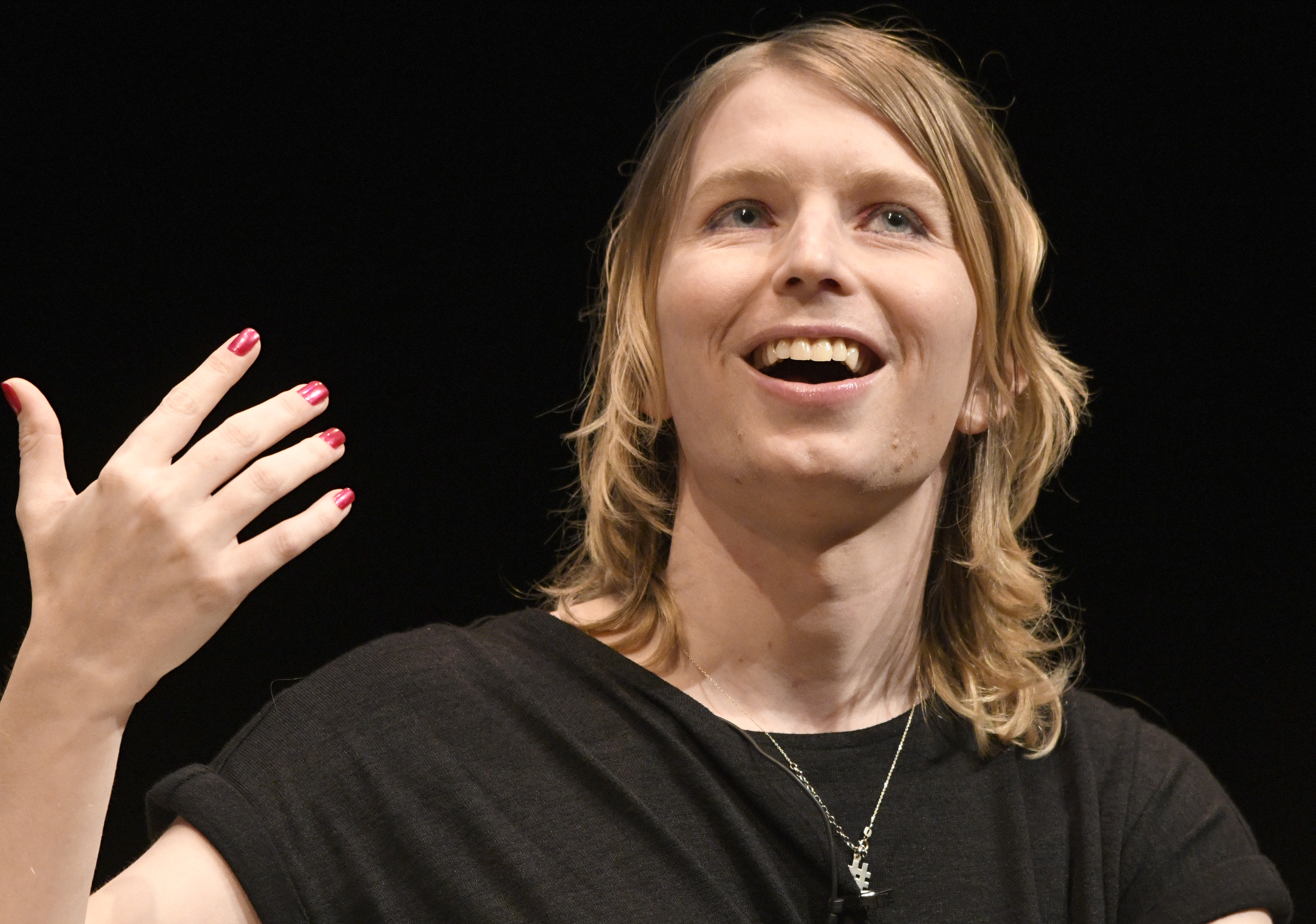
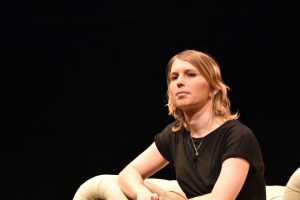
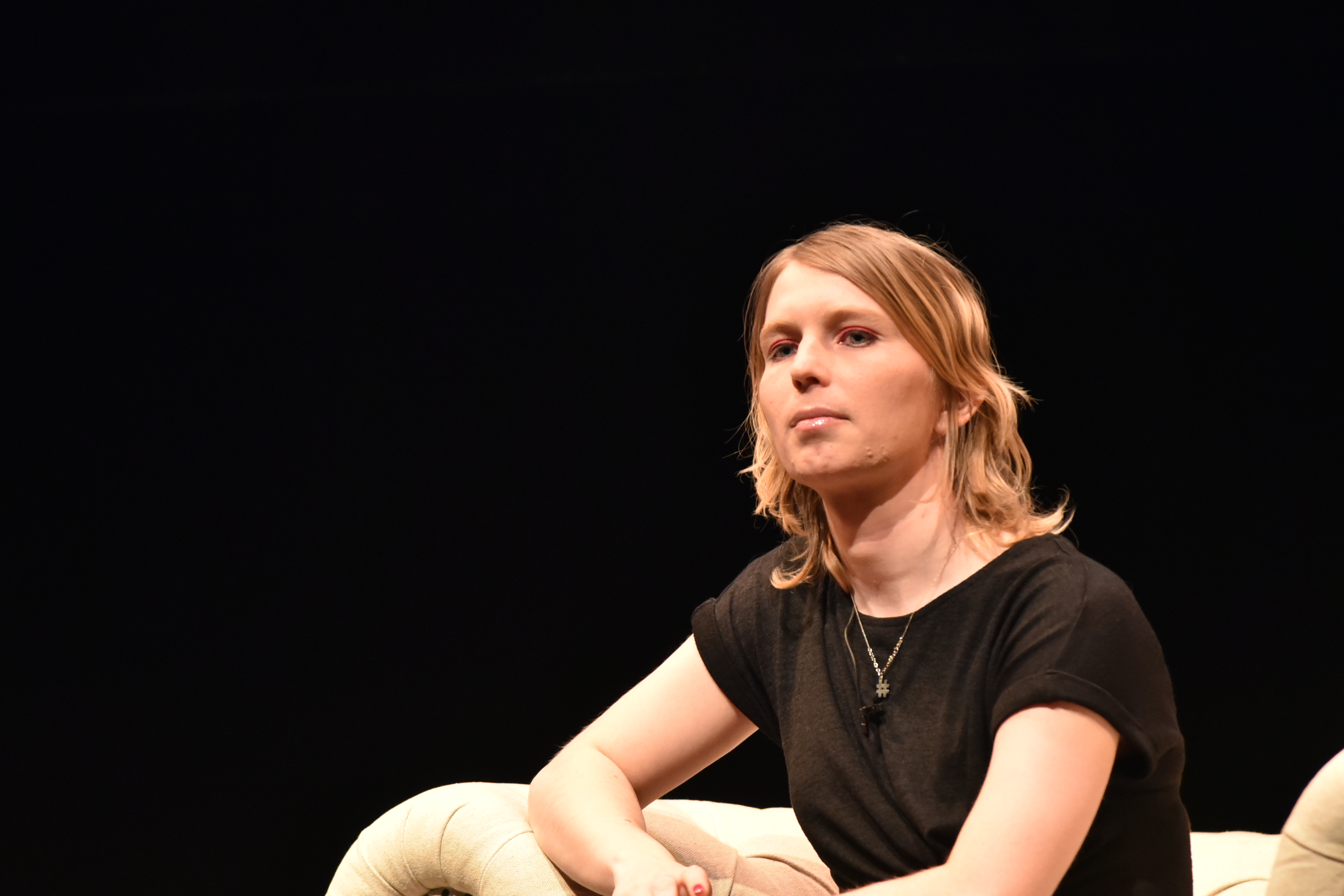
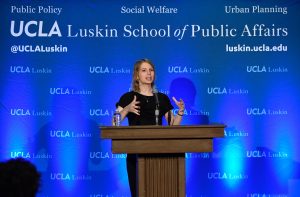
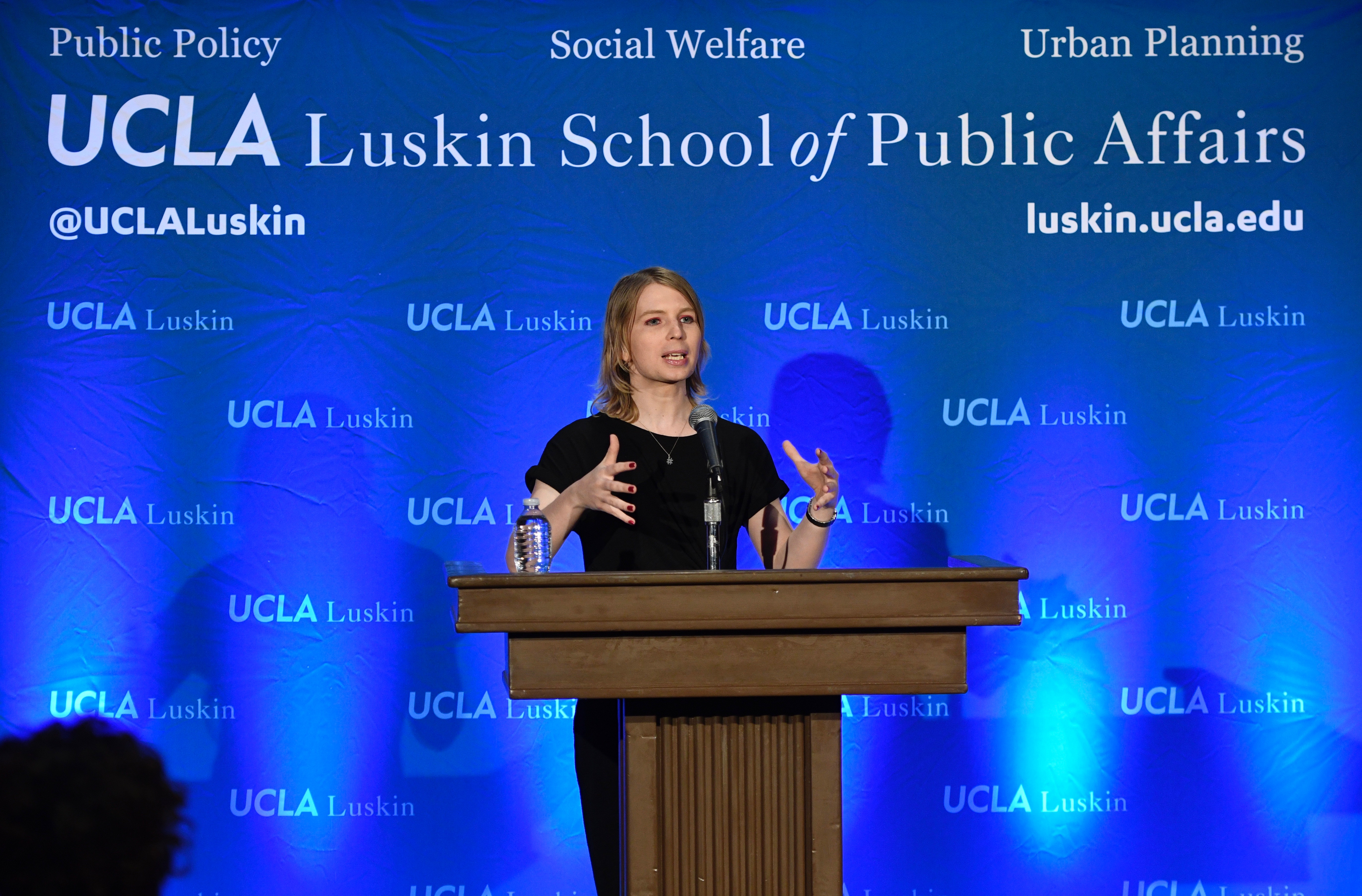
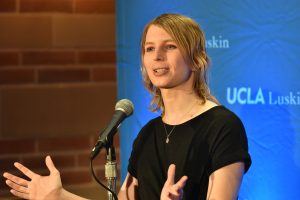
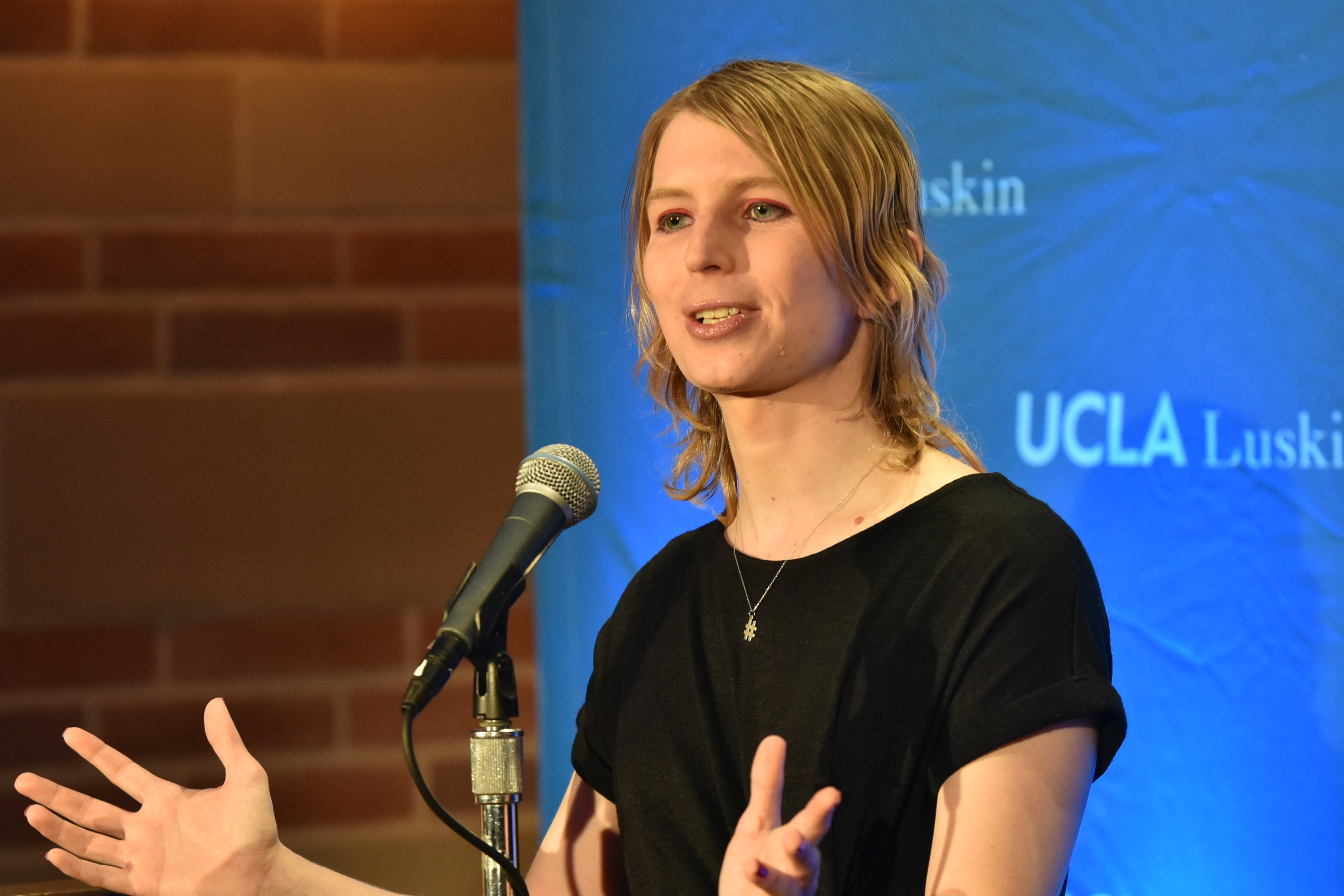
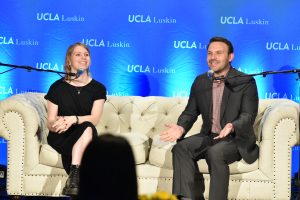
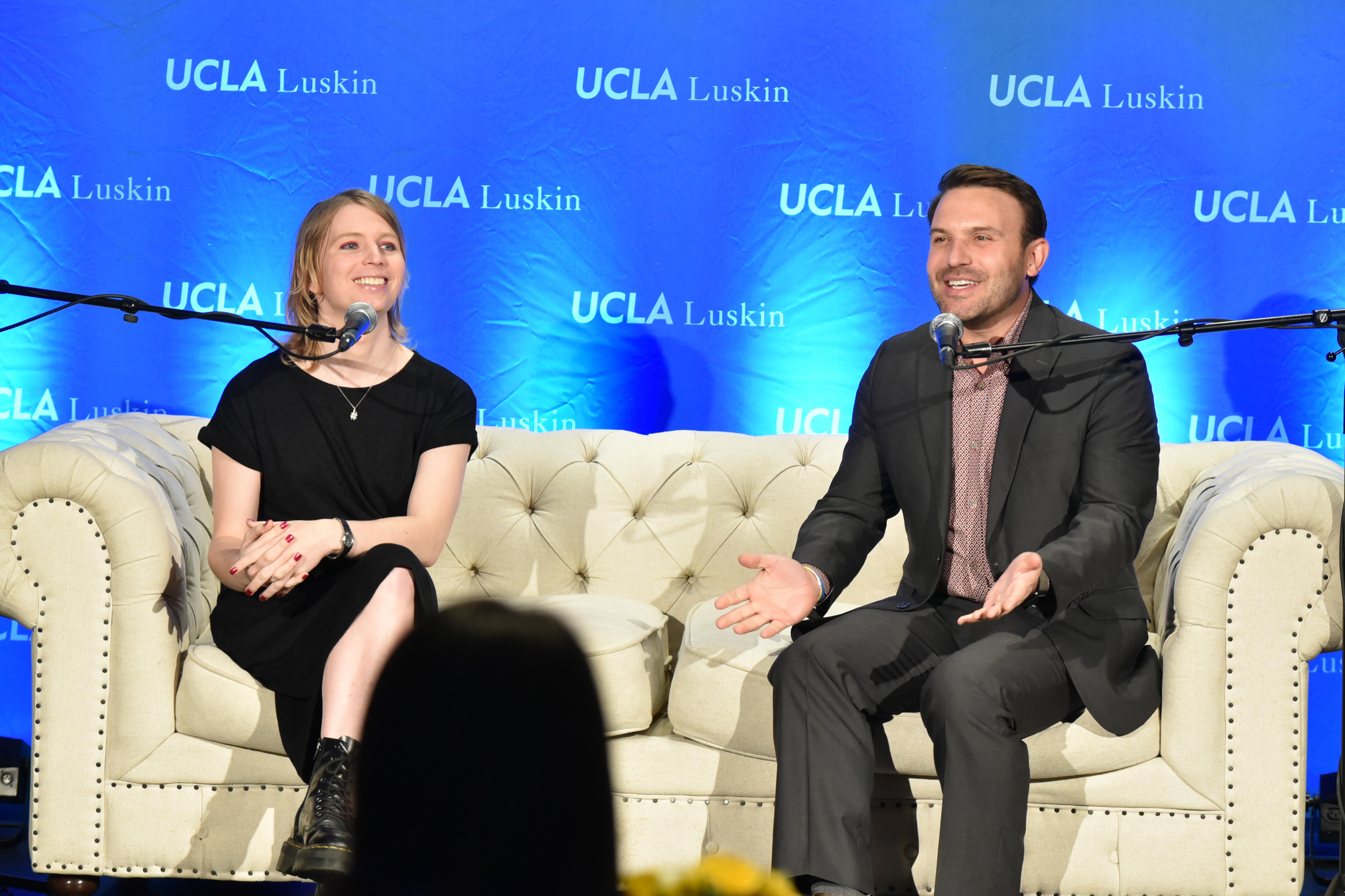
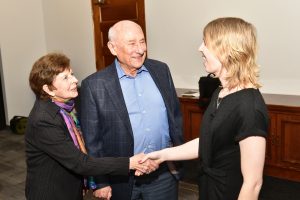
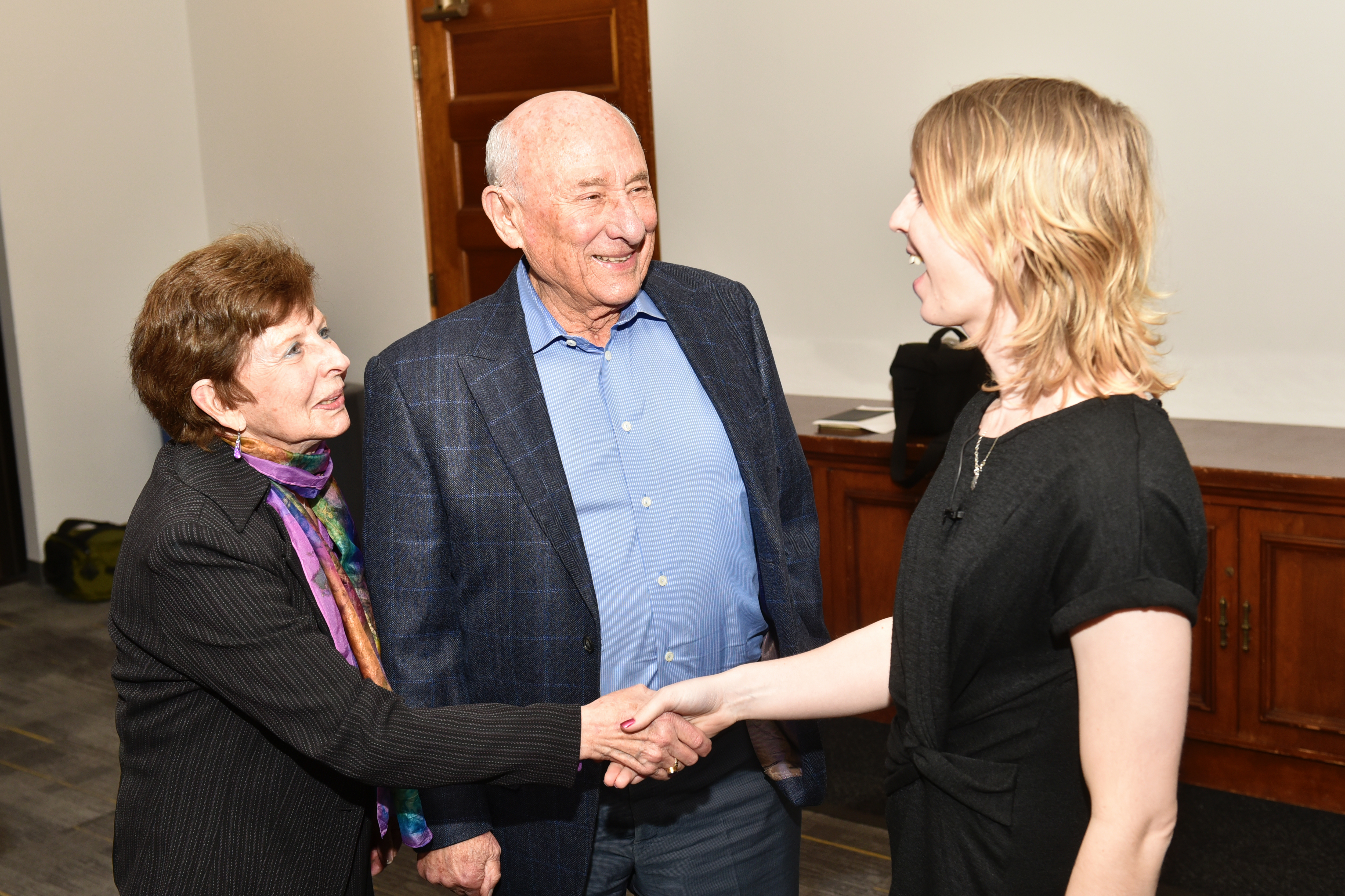
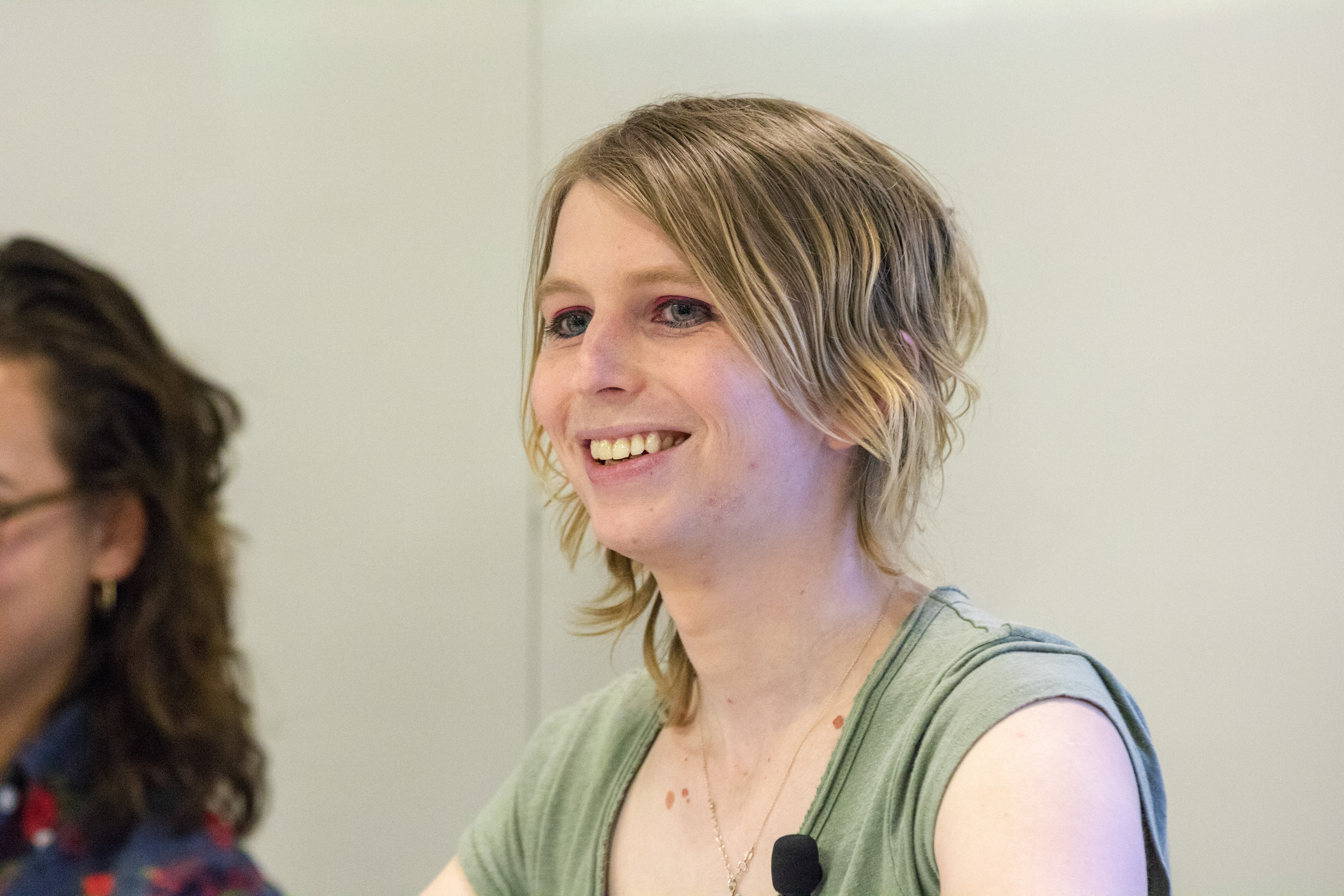
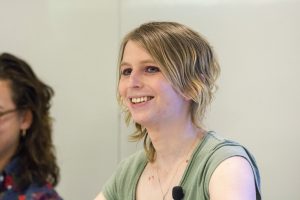
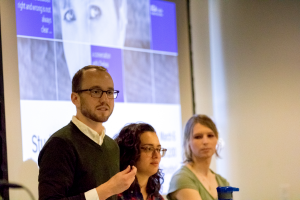
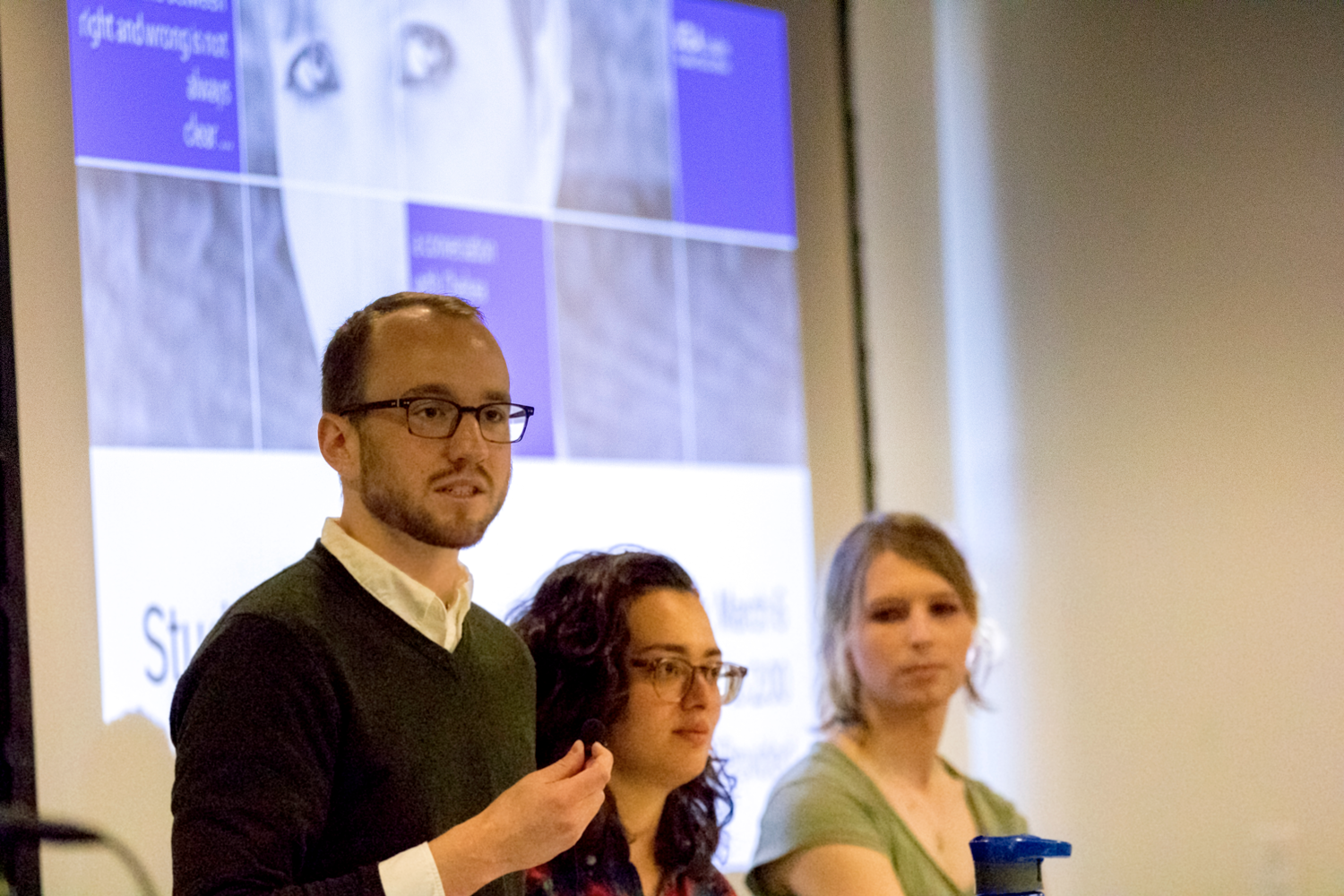
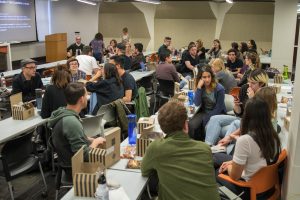
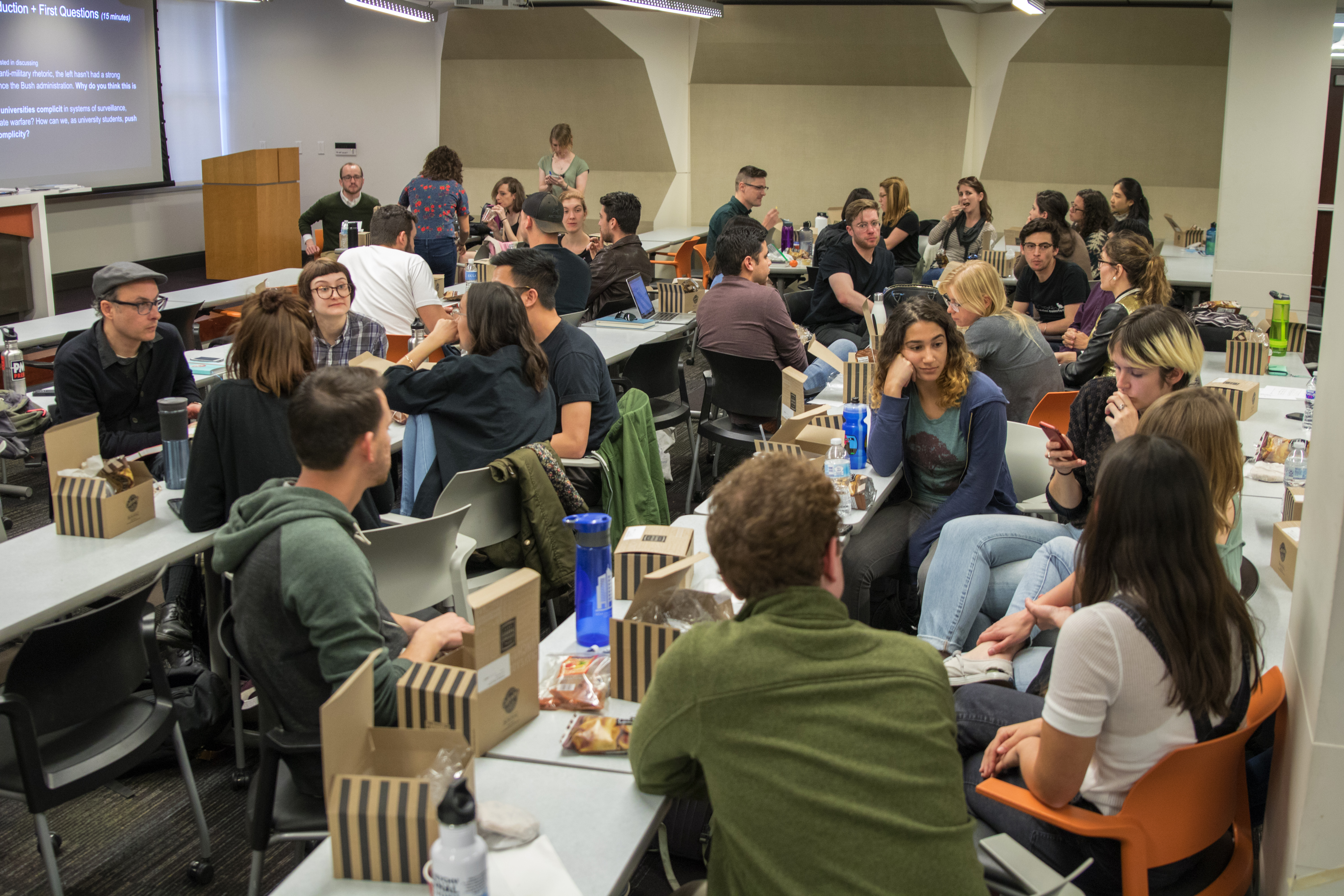
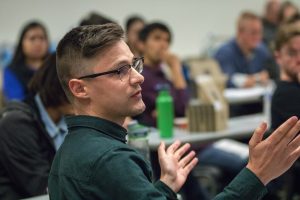
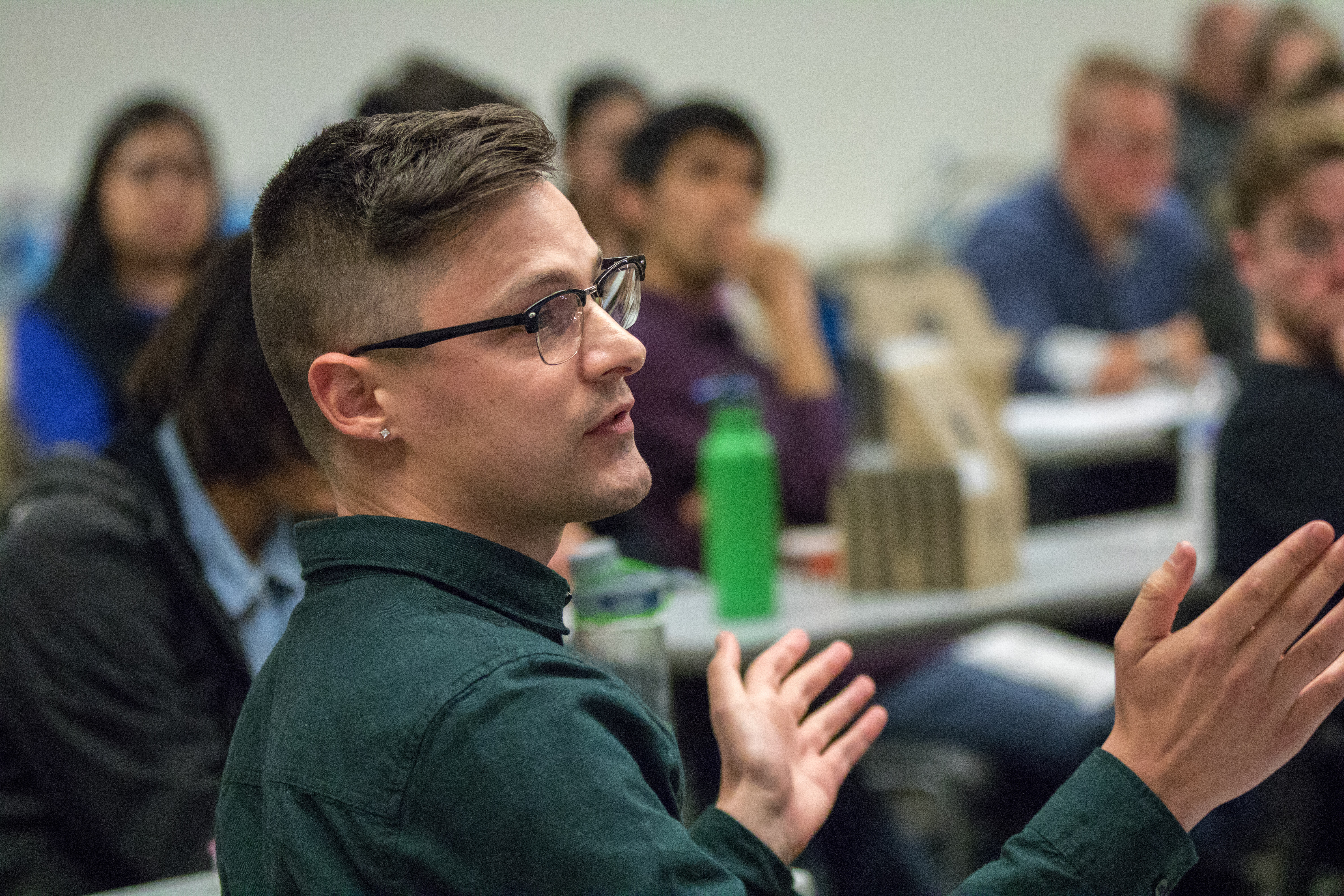
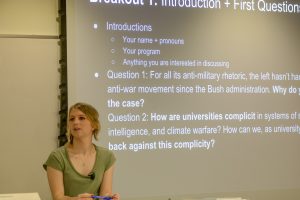
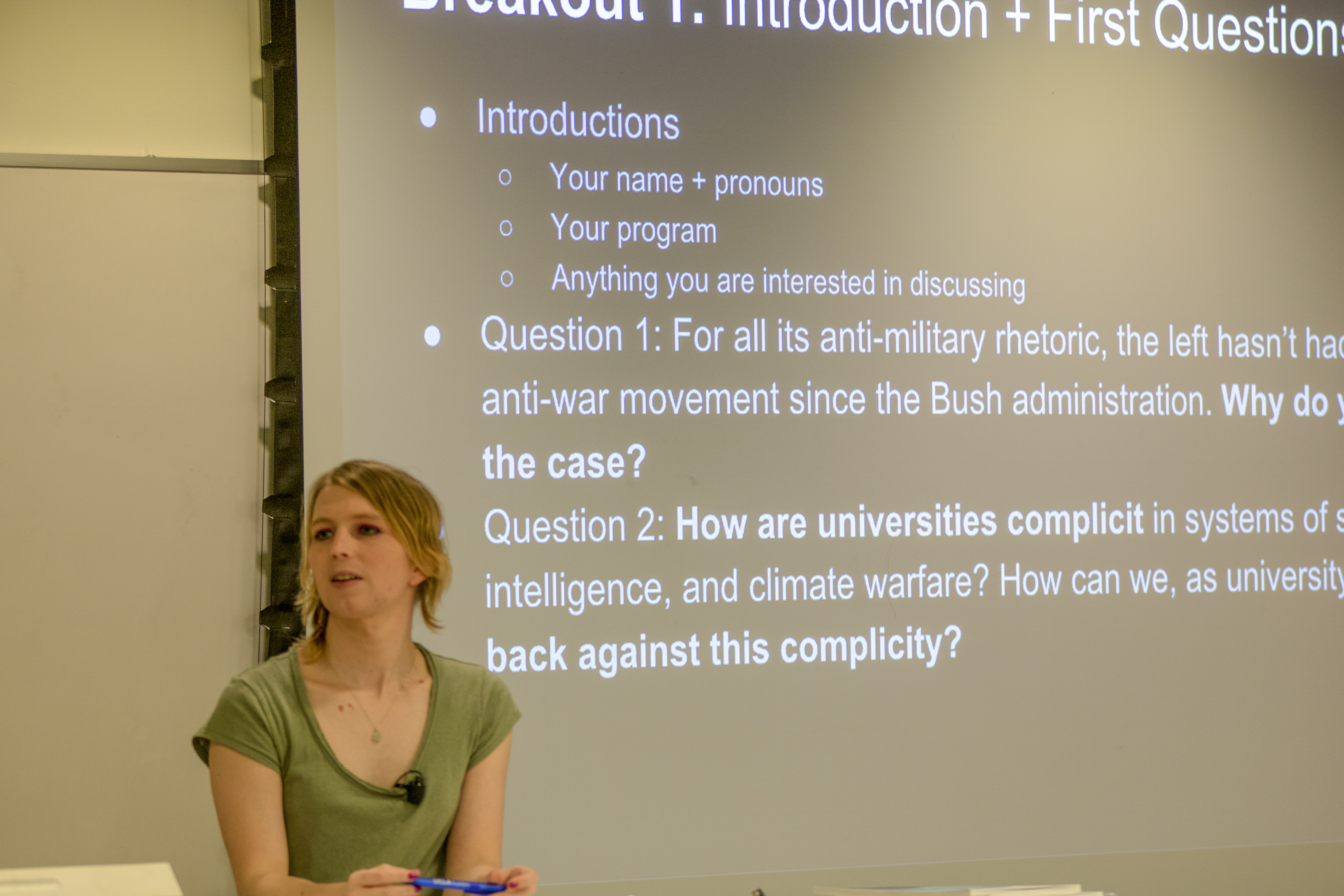
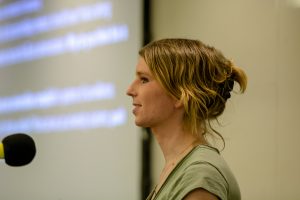
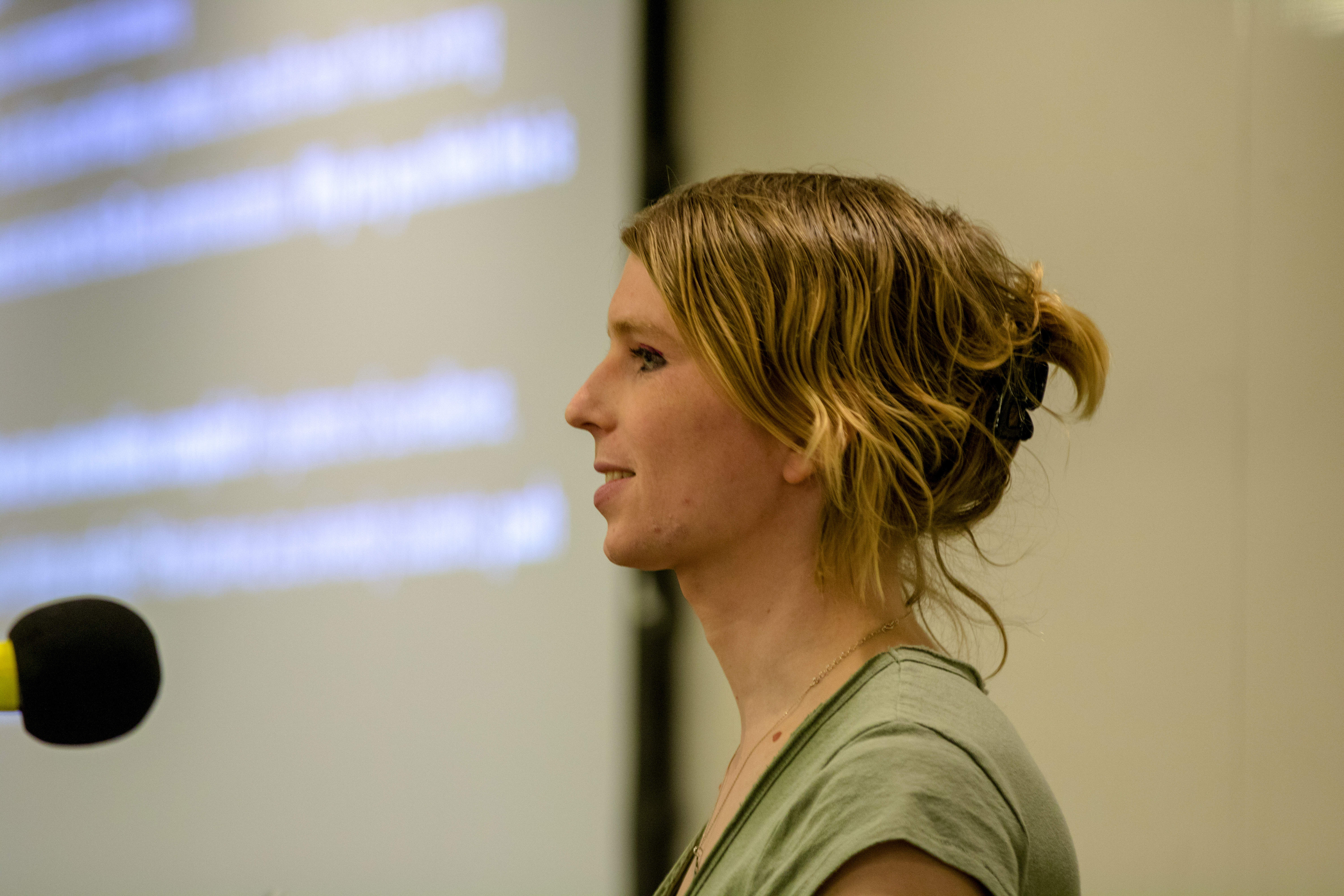
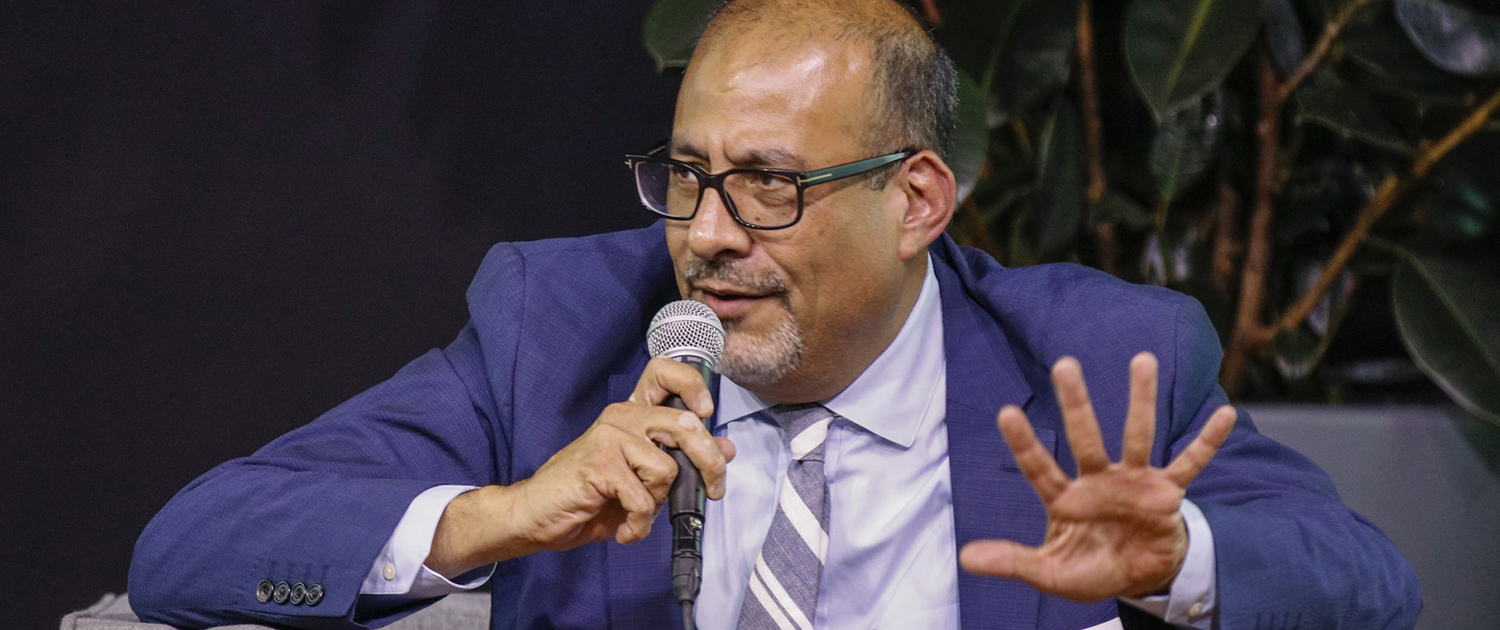


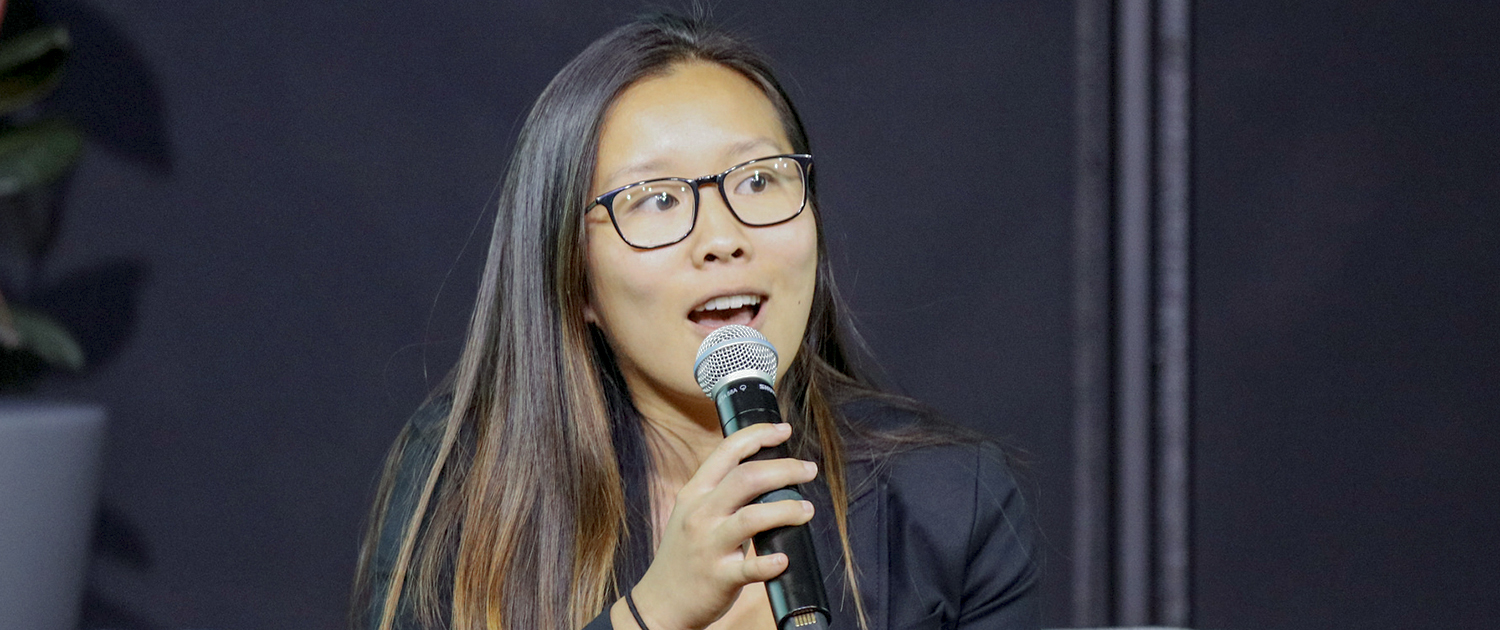

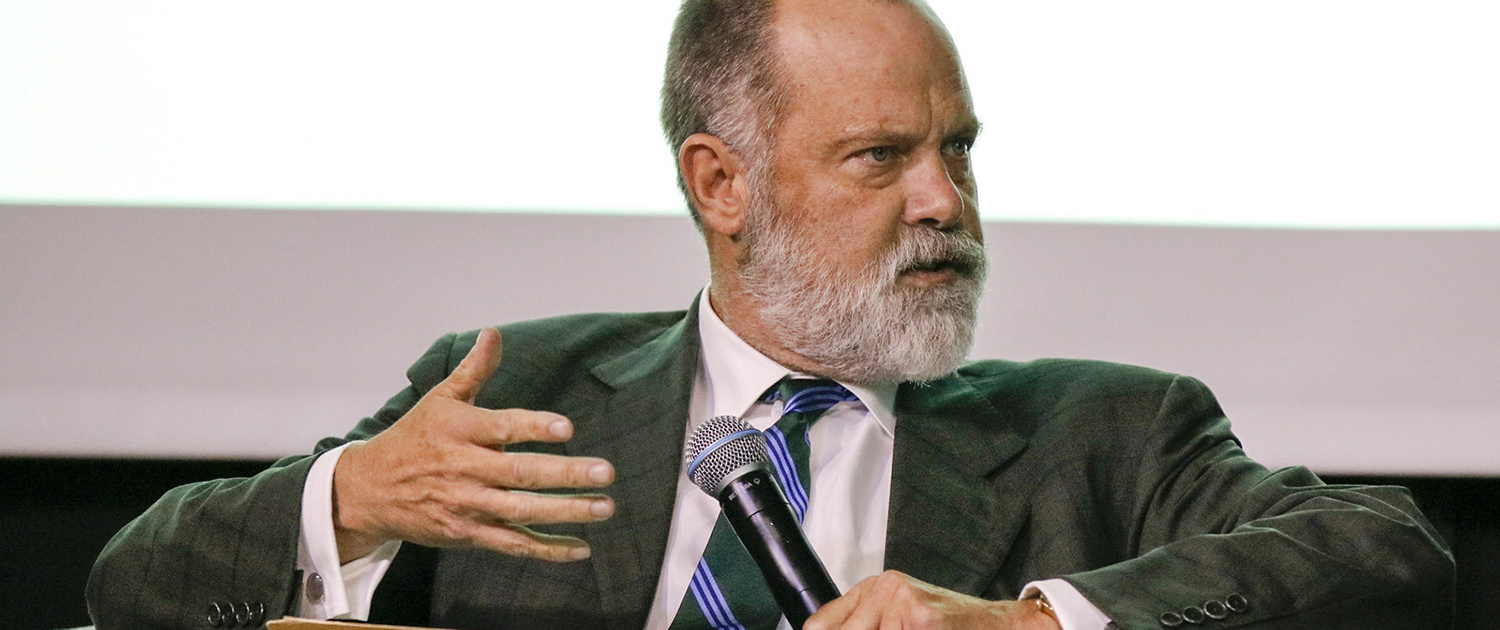

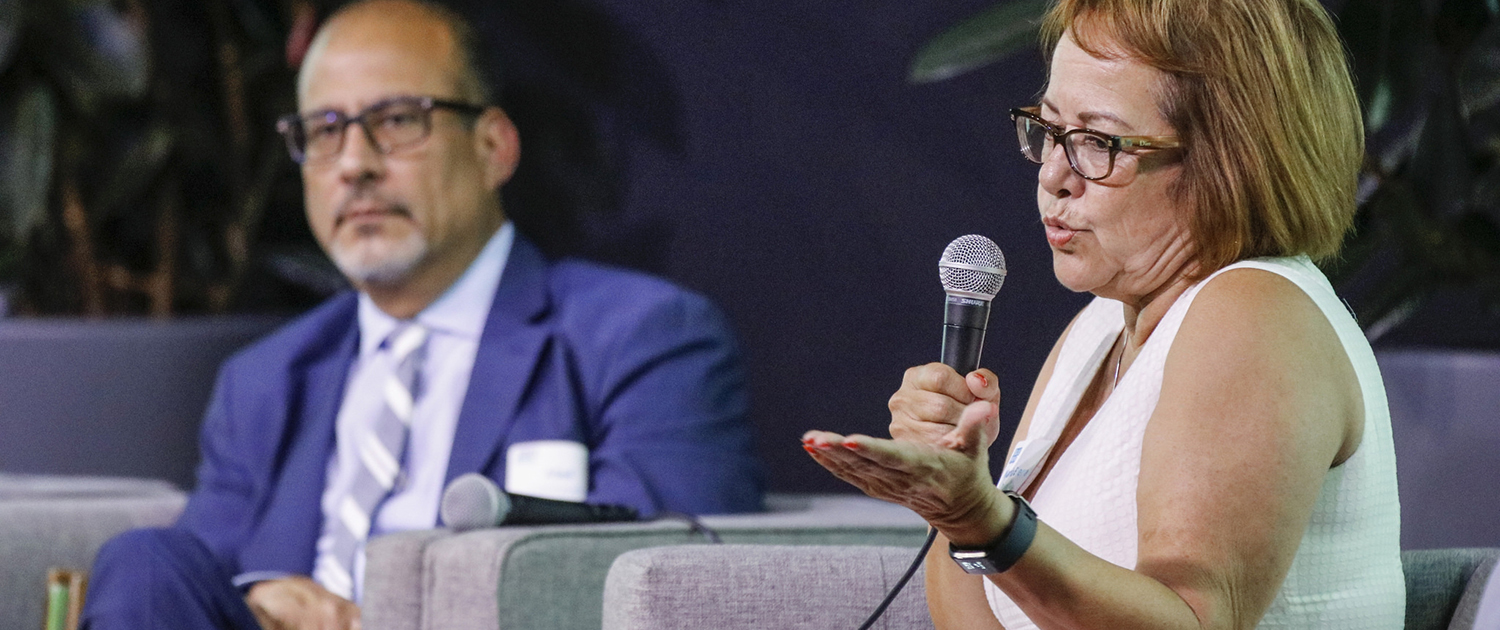

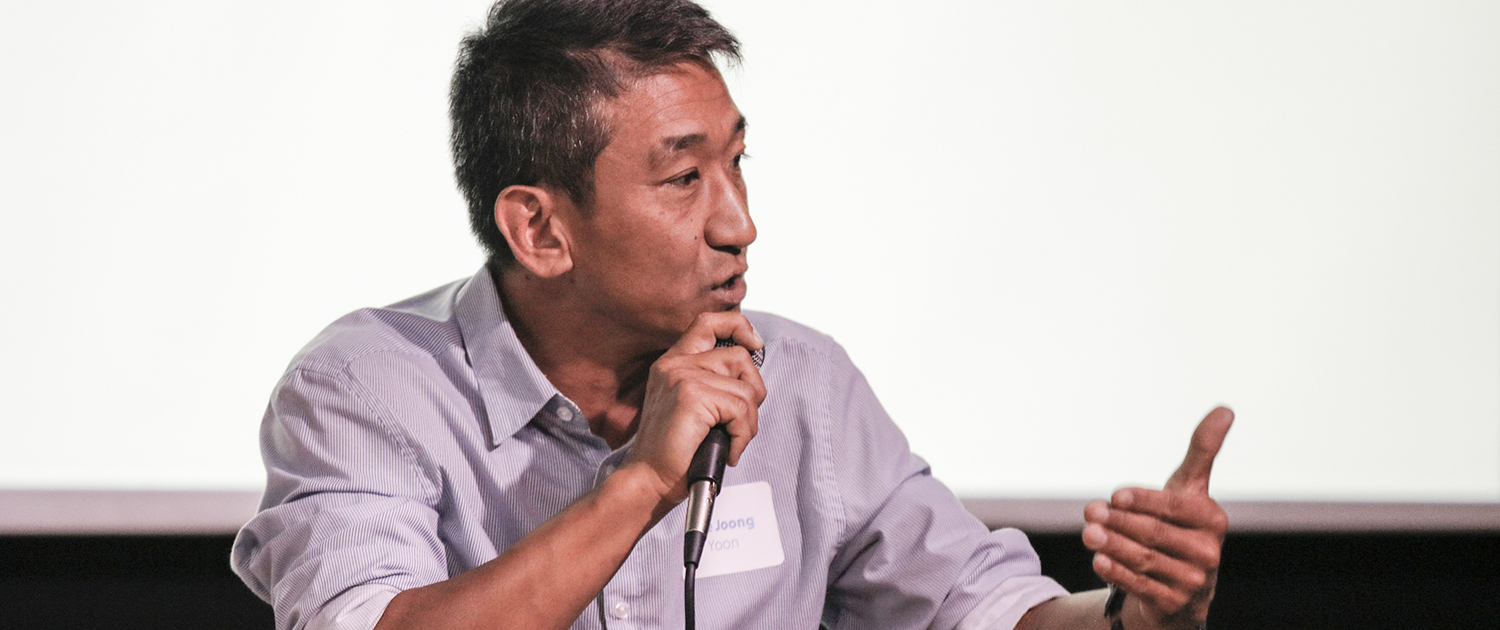
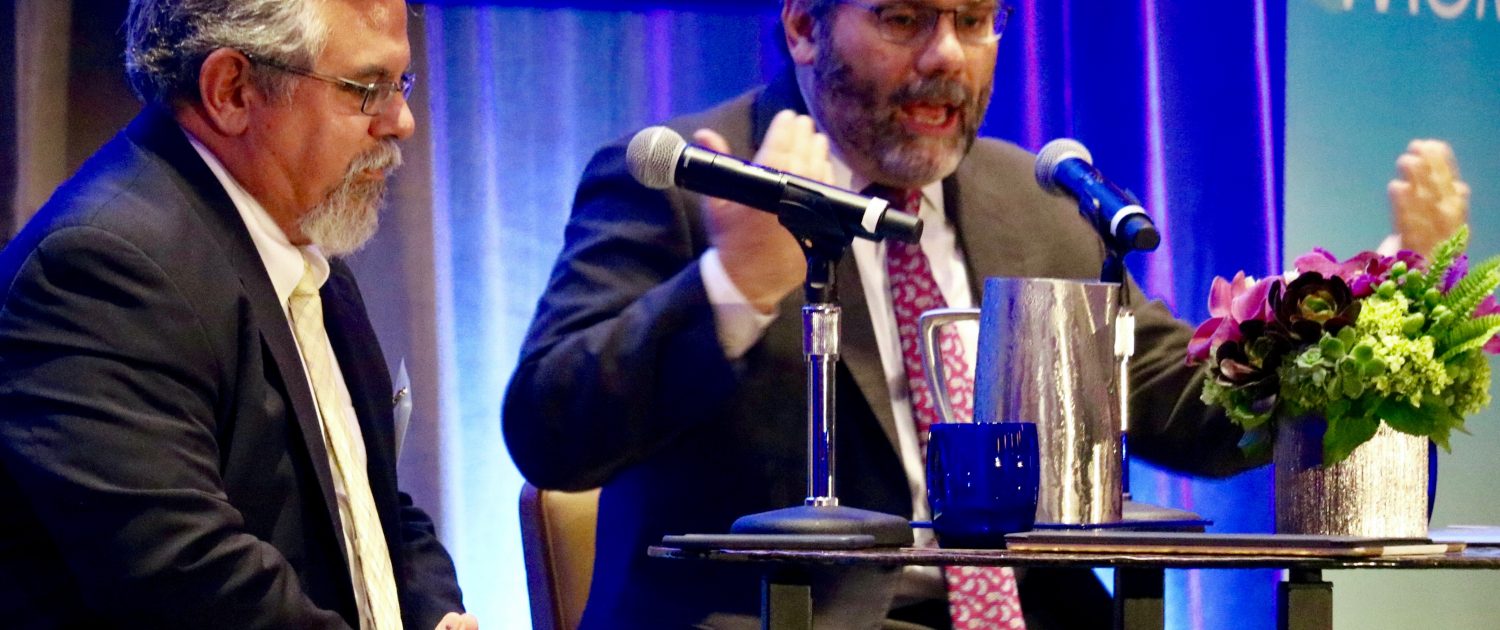


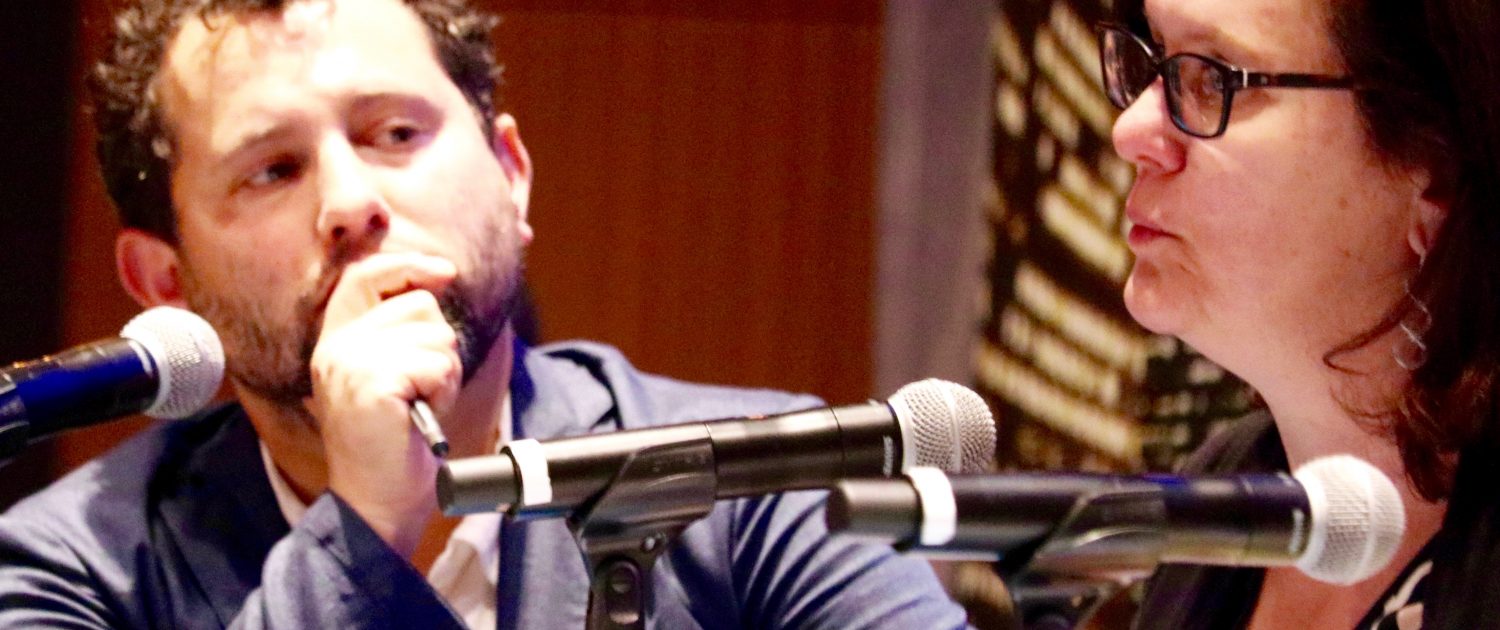

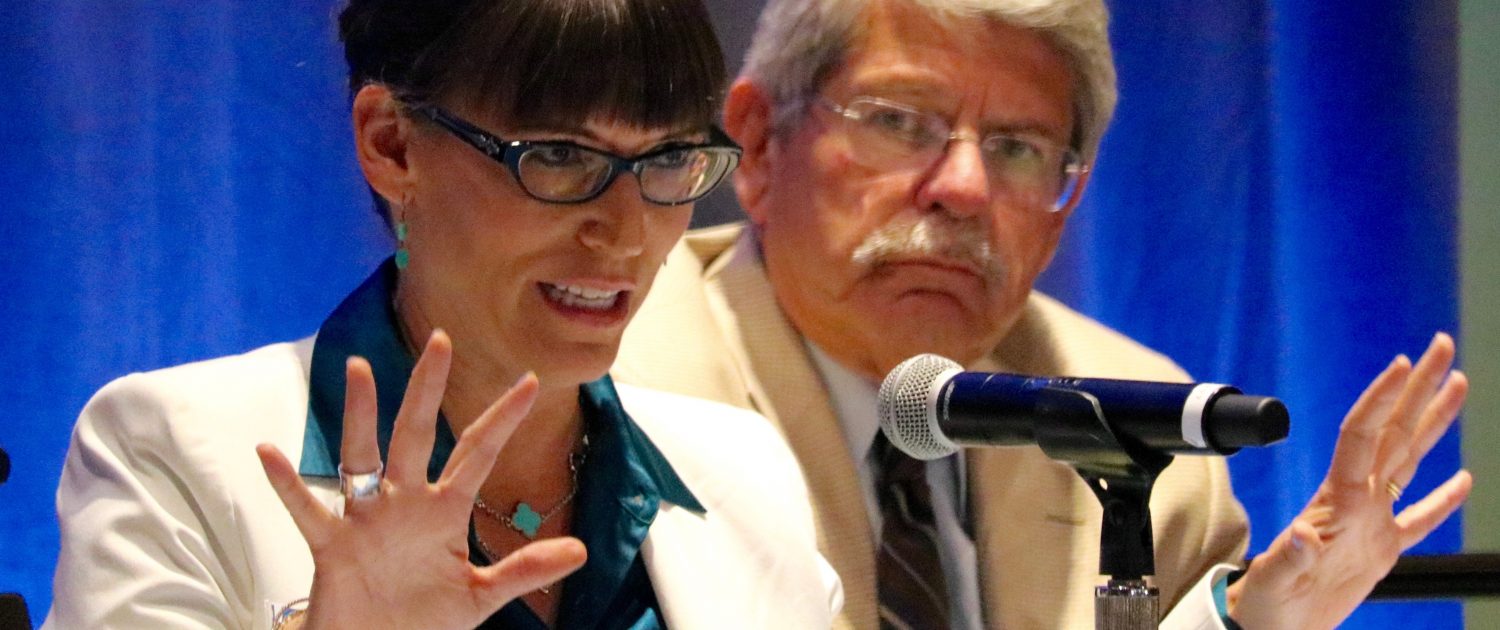

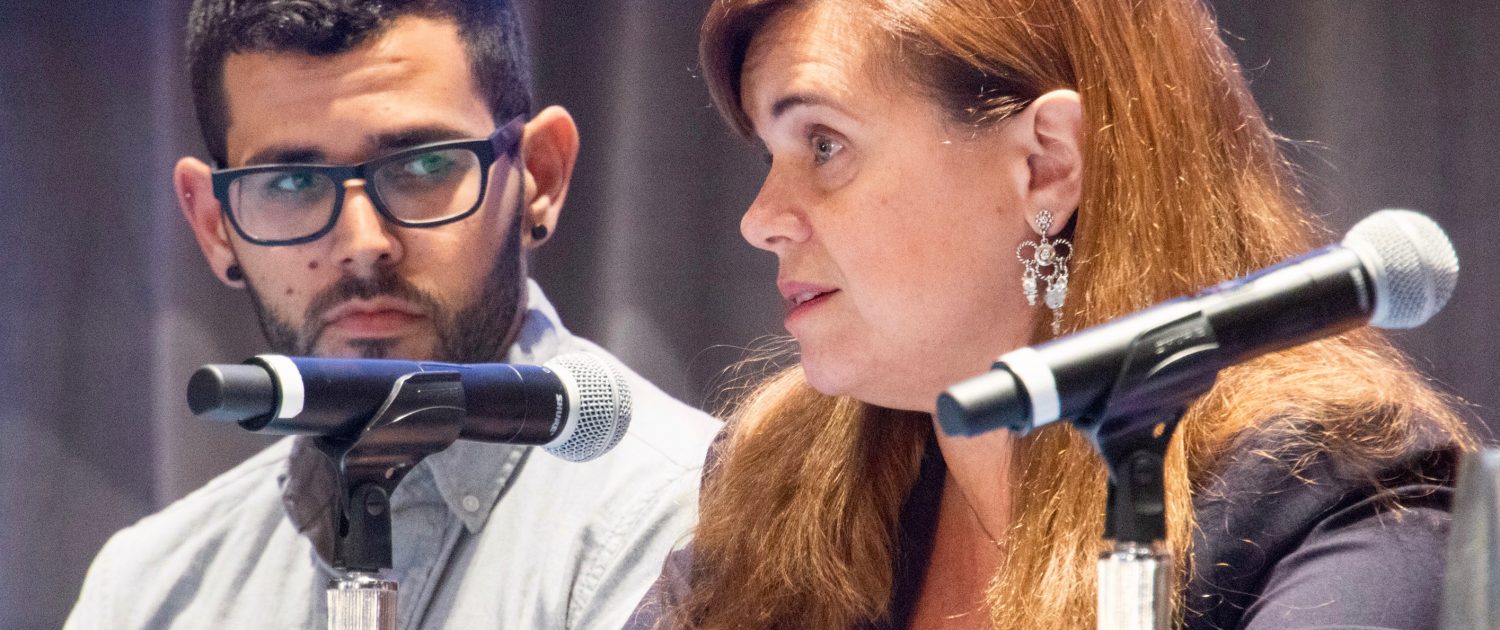

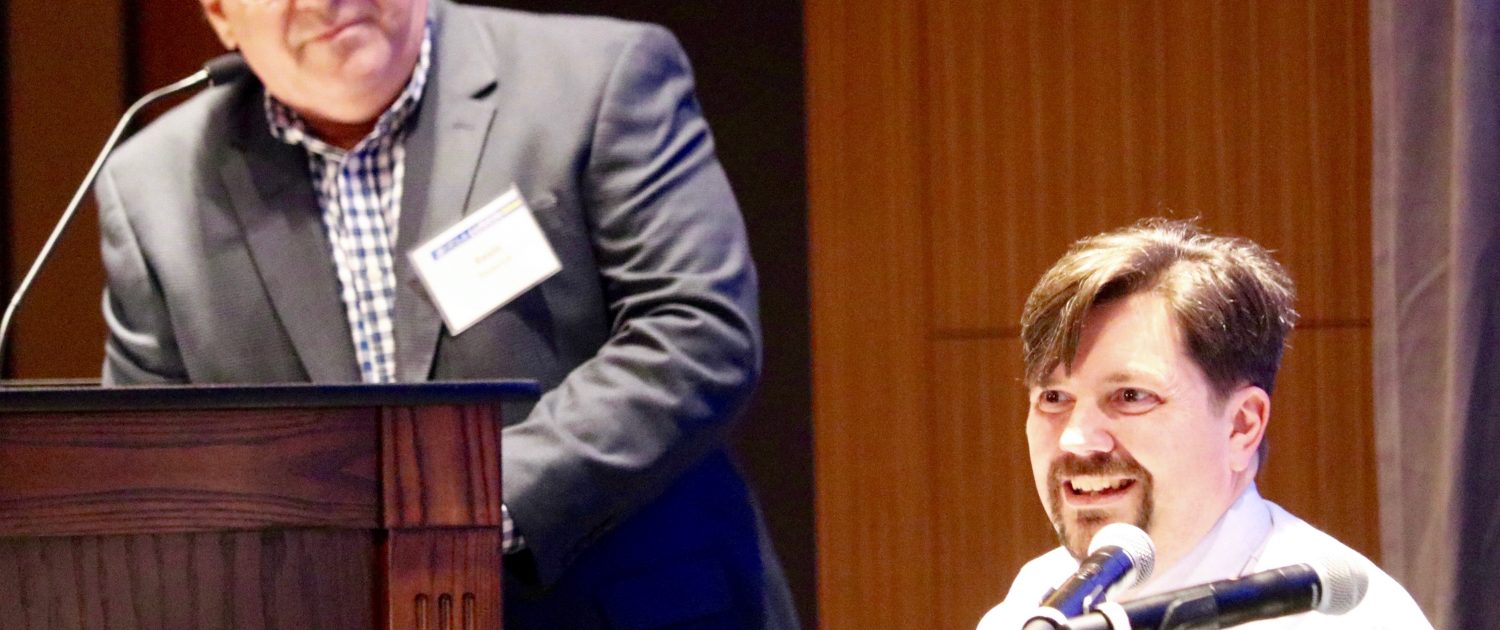

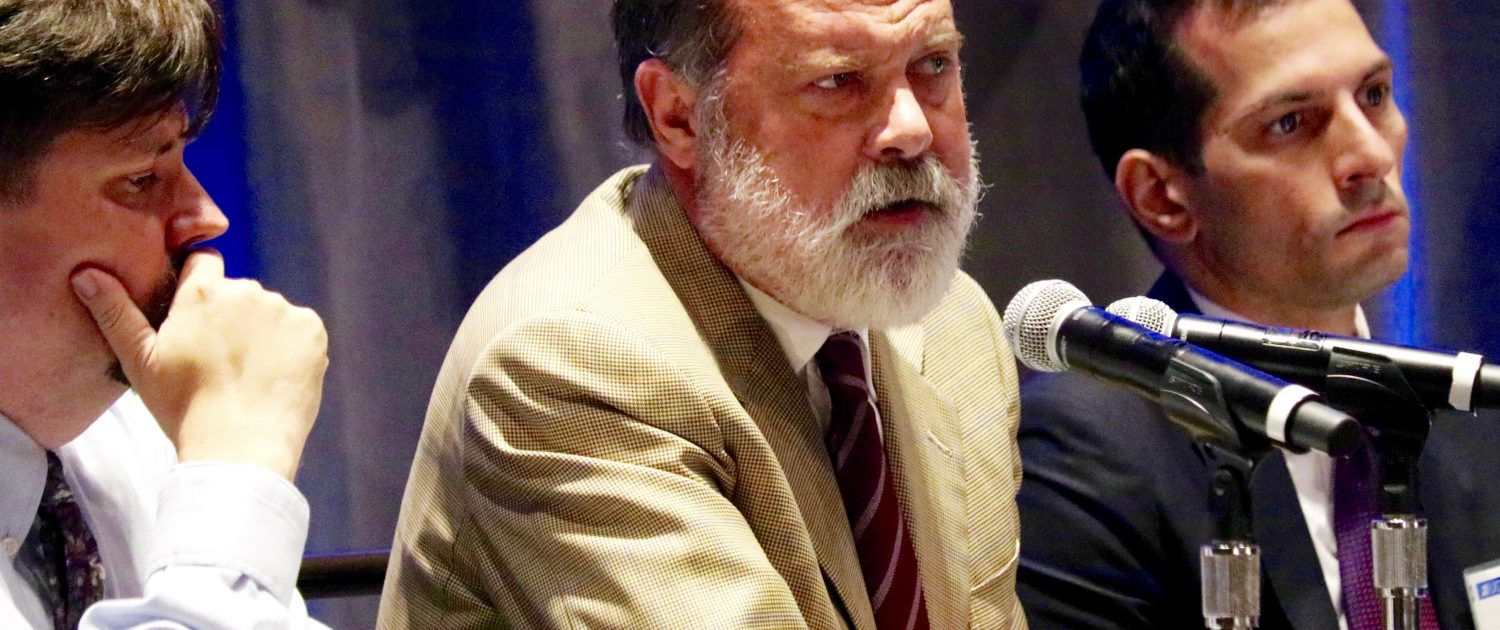

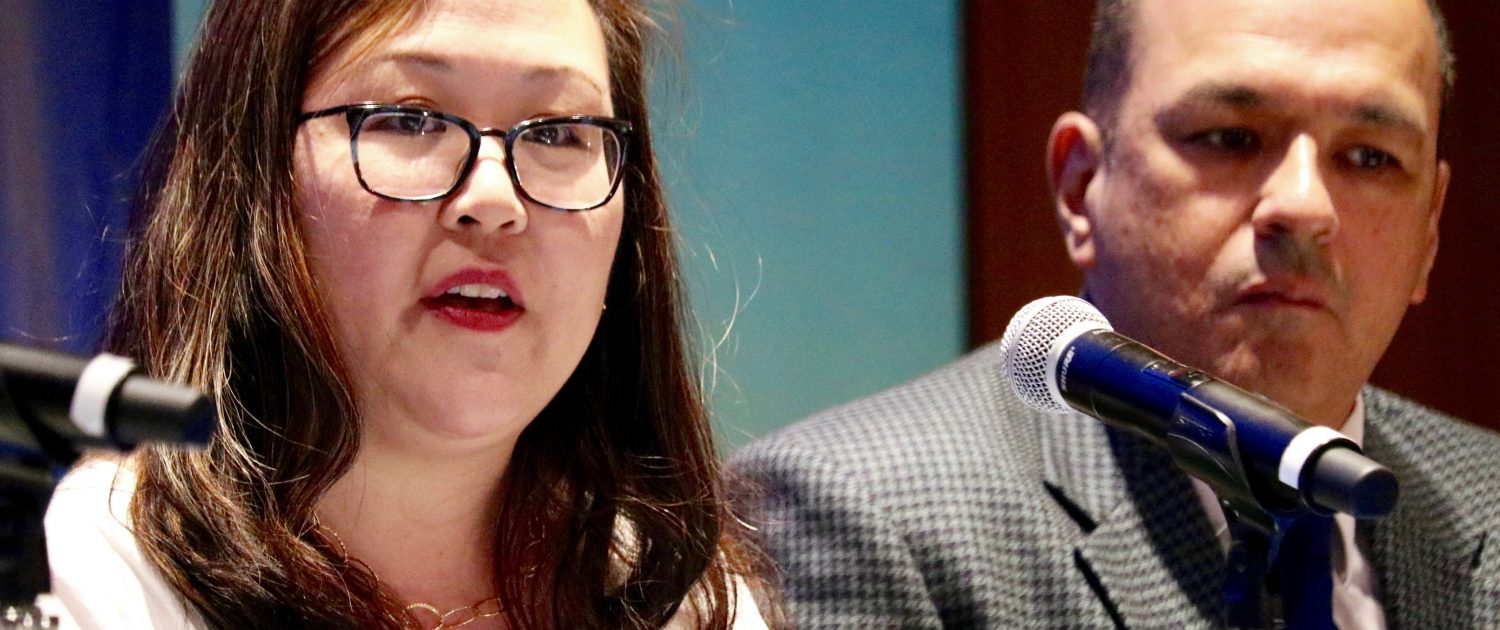
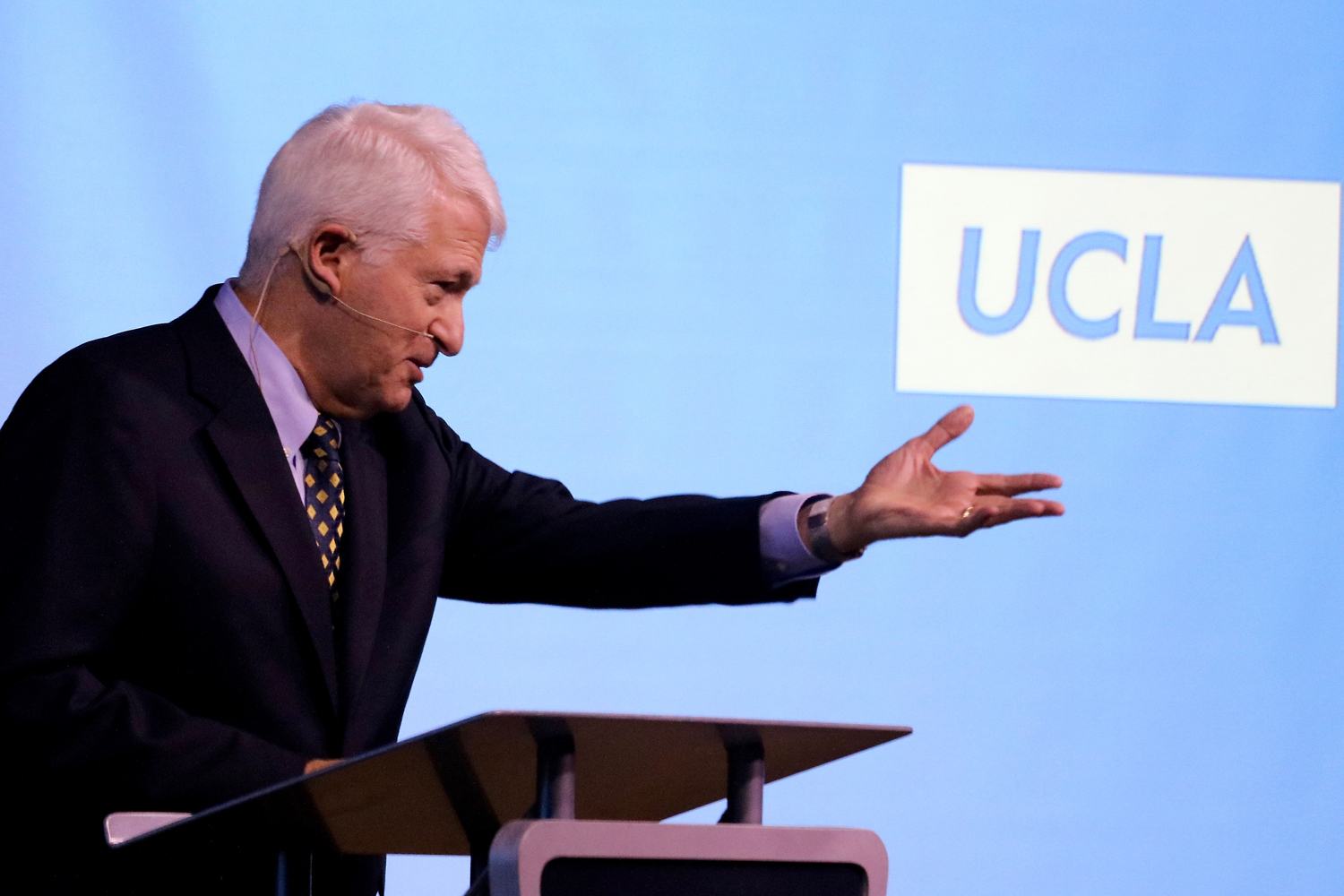


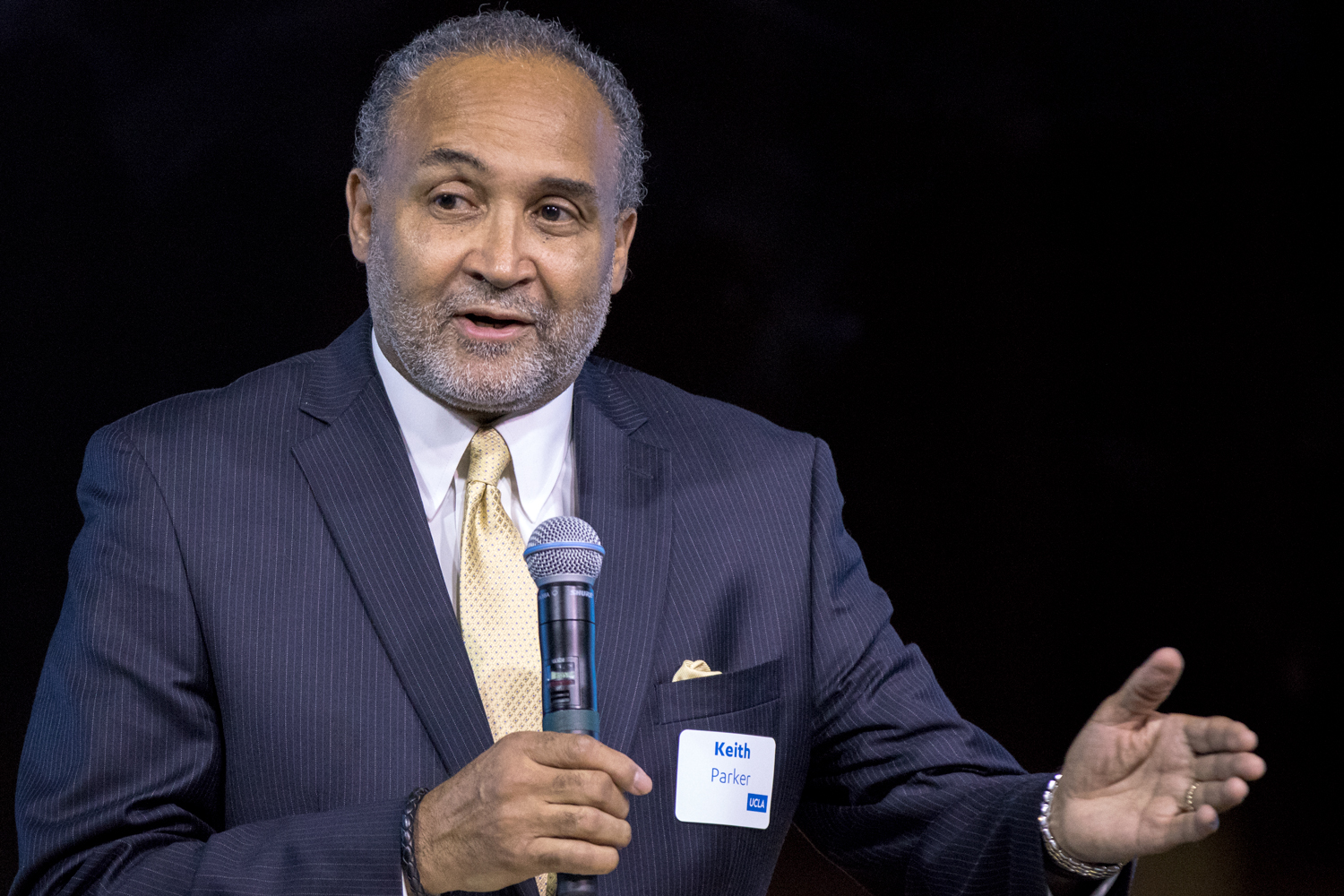

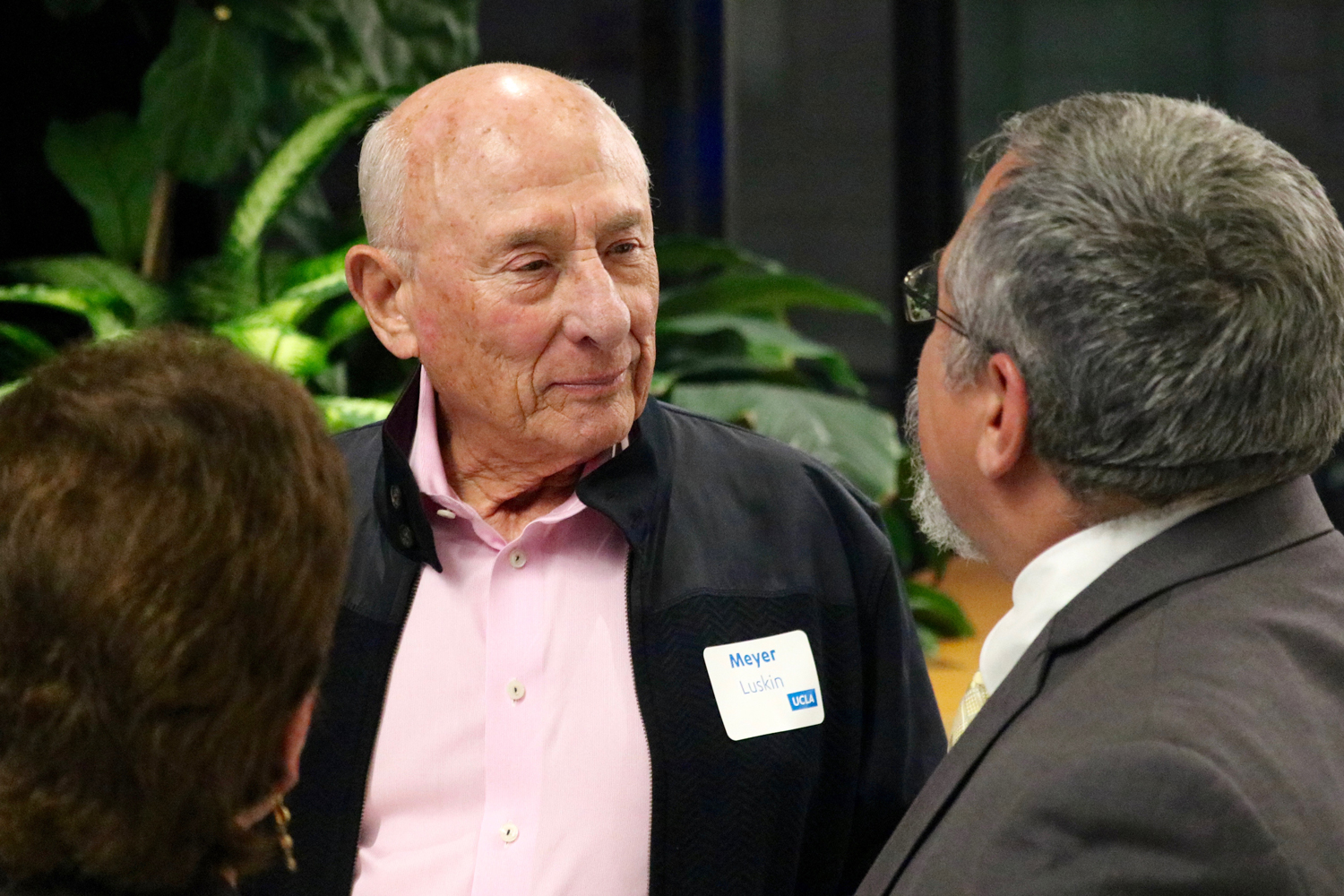

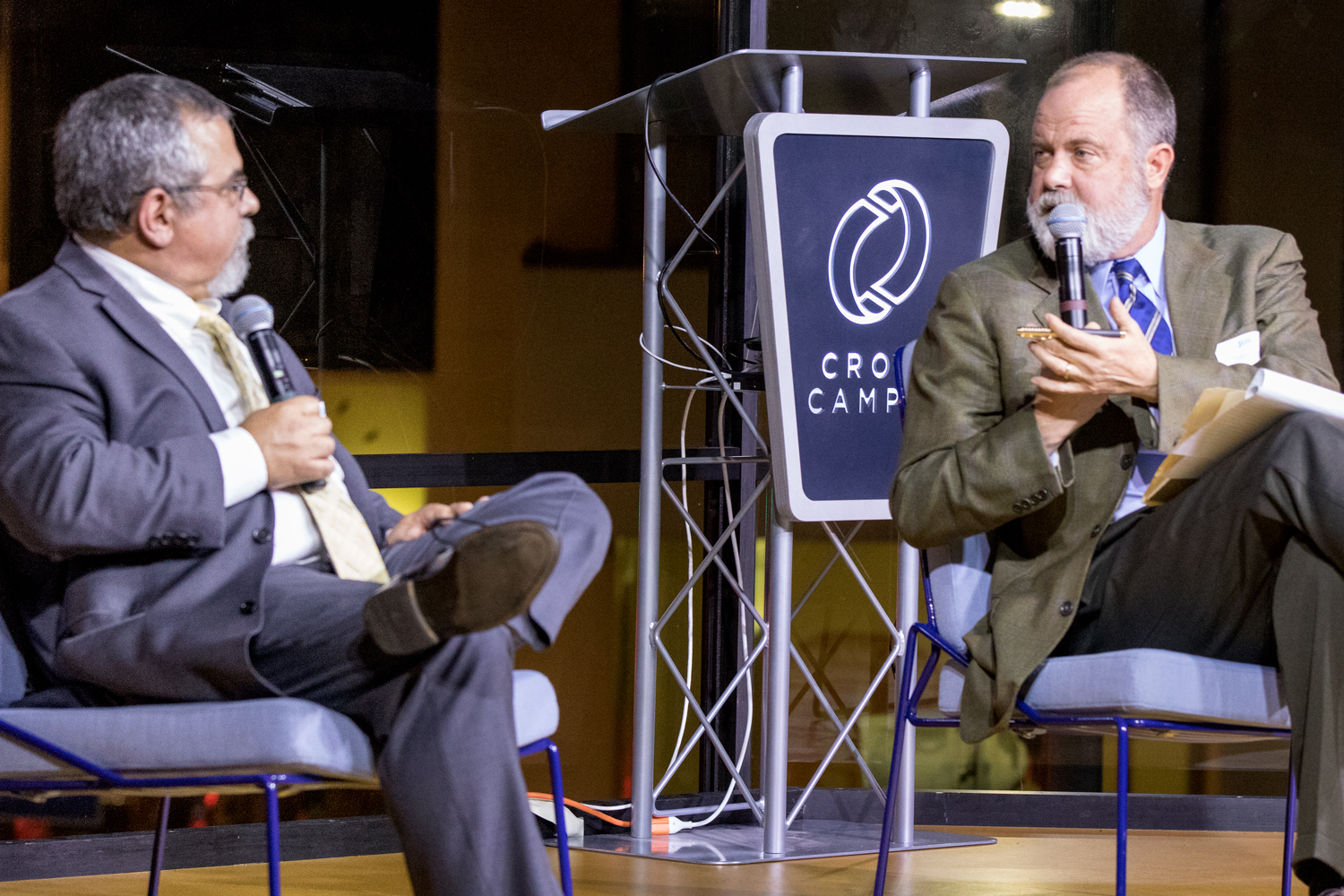

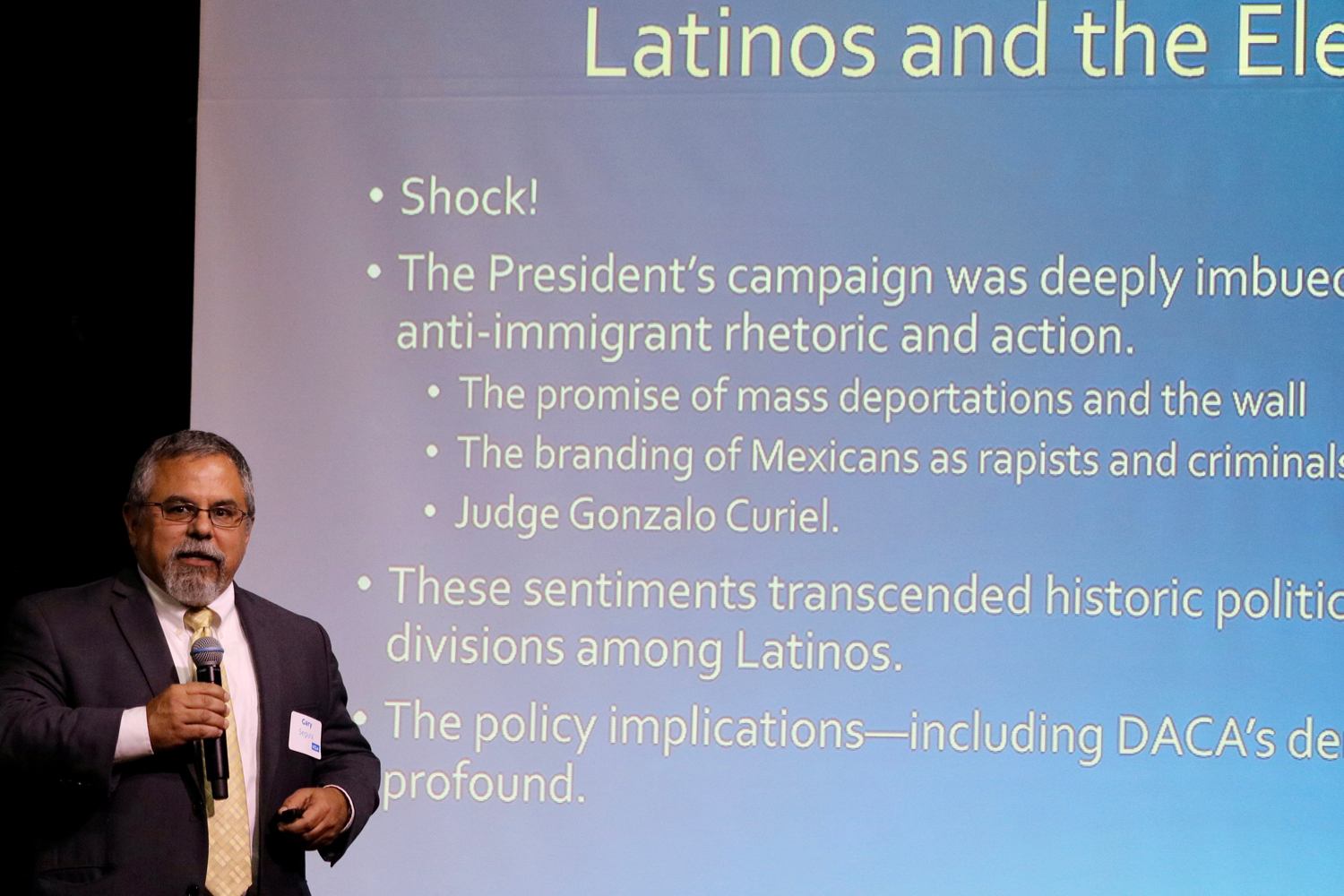
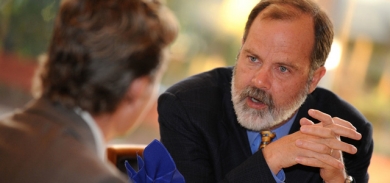 Veteran journalist and author
Veteran journalist and author 